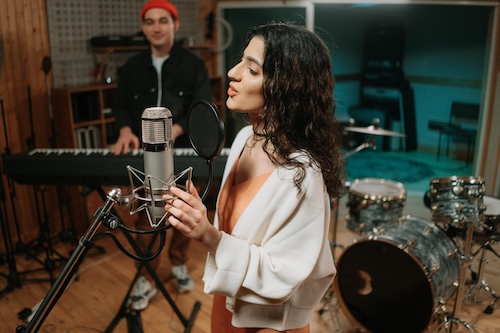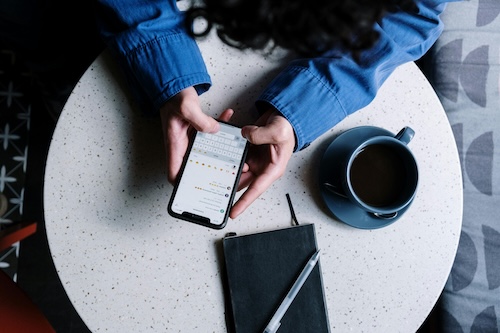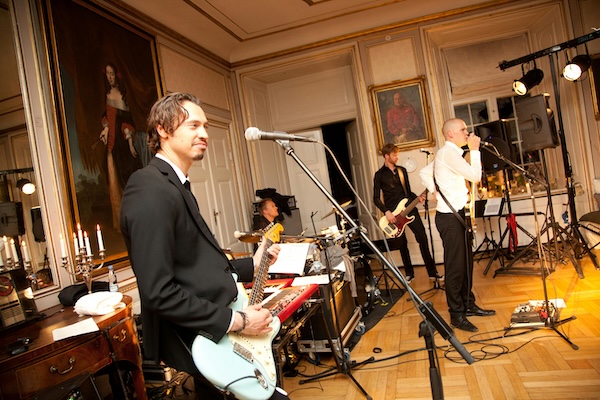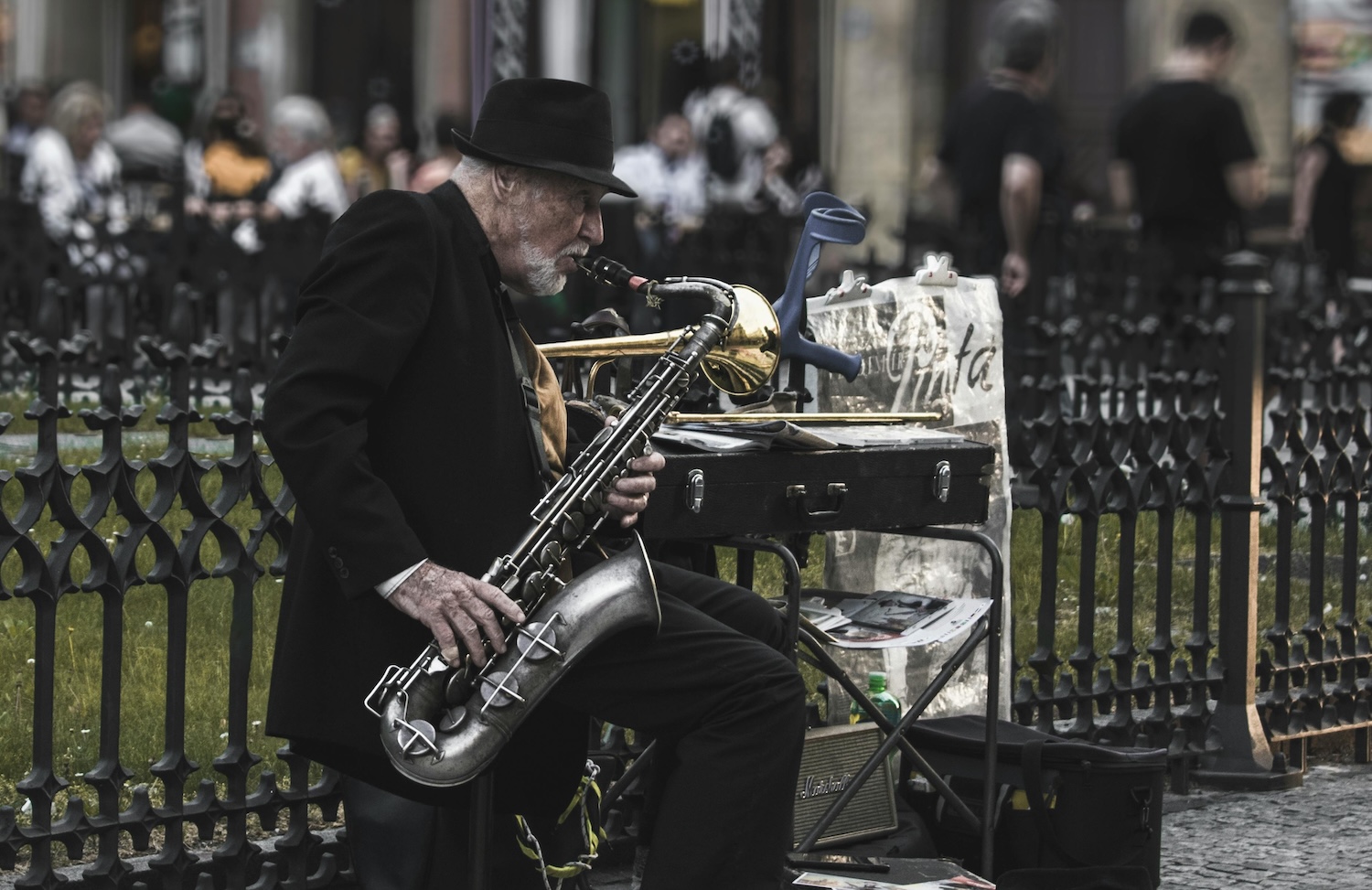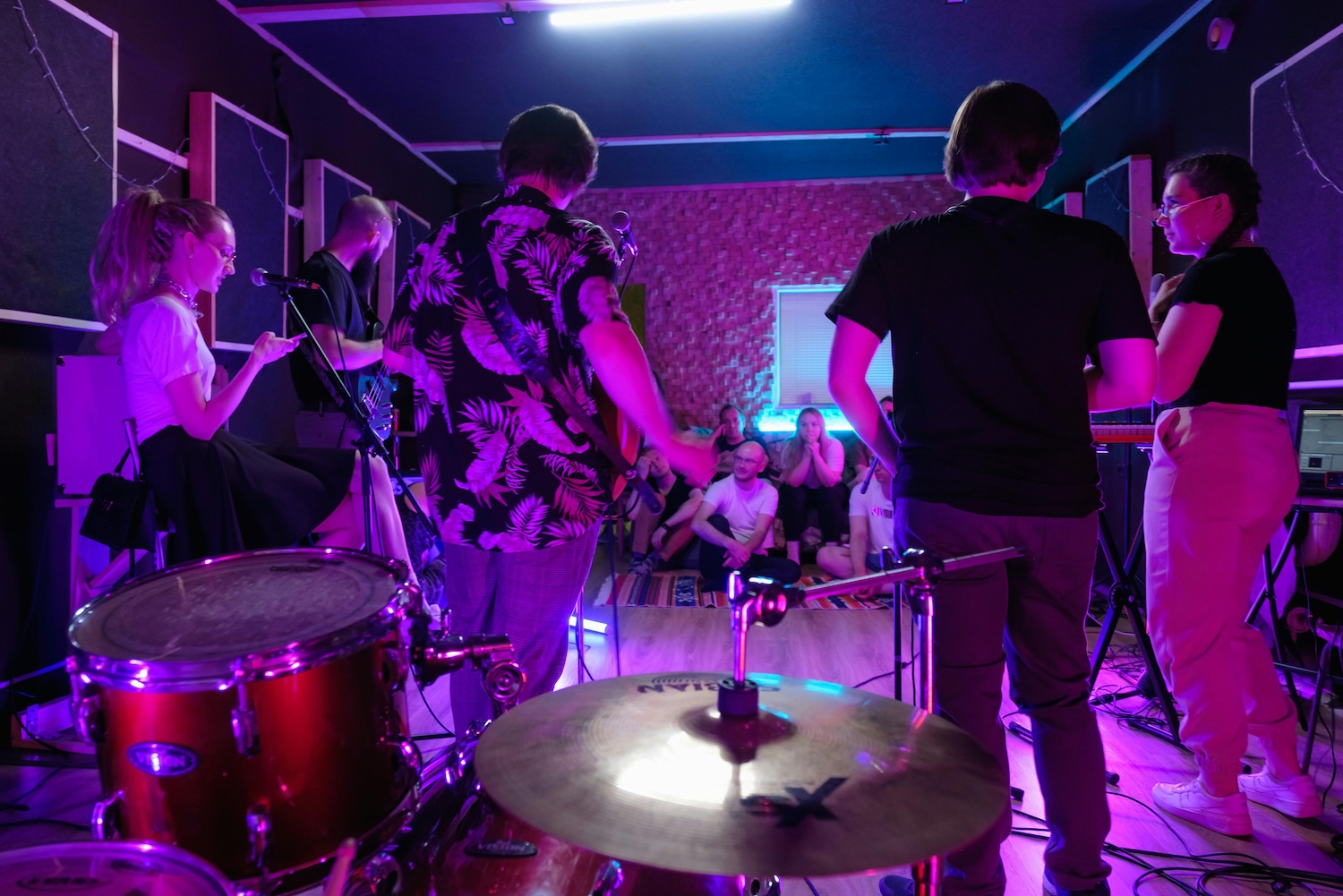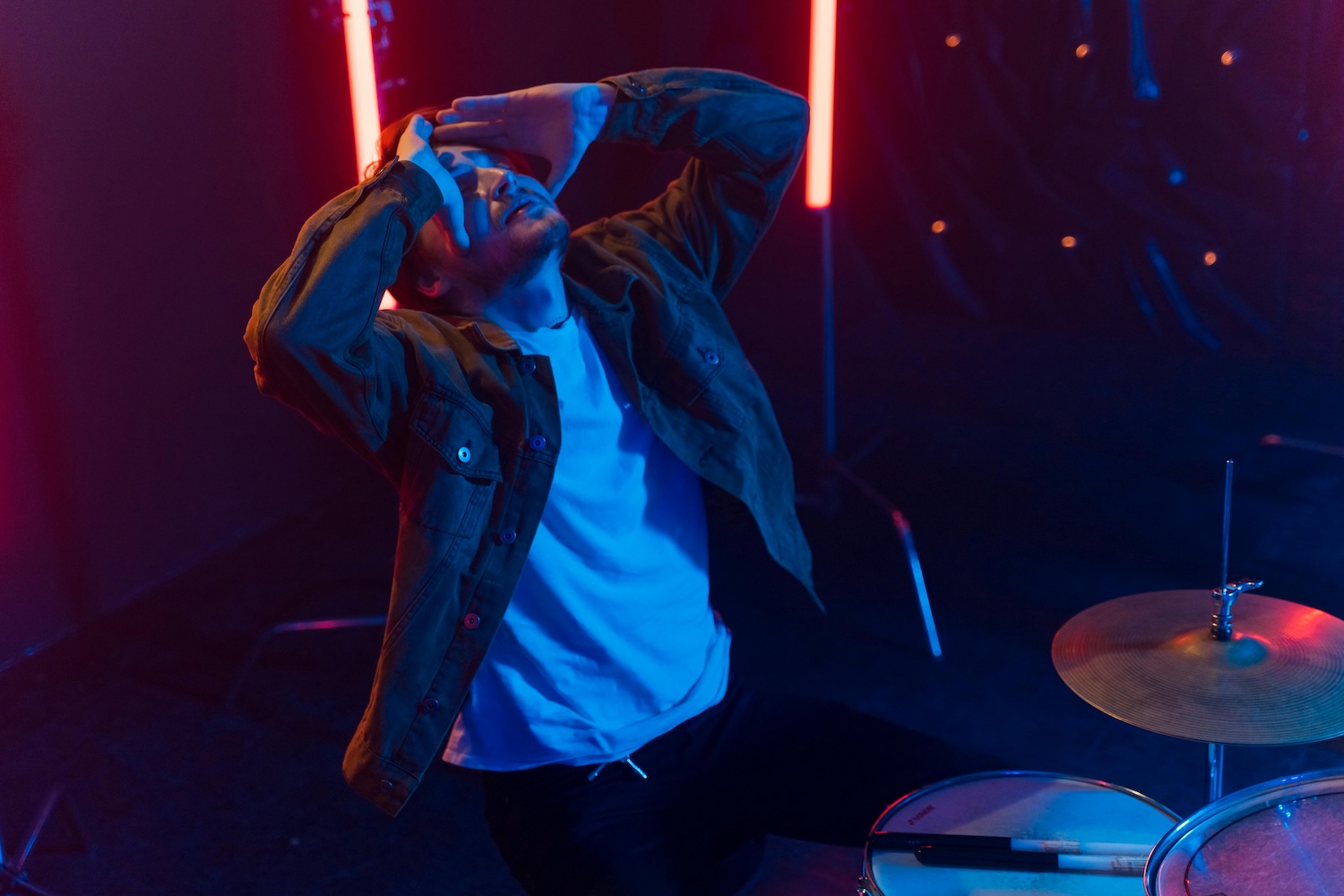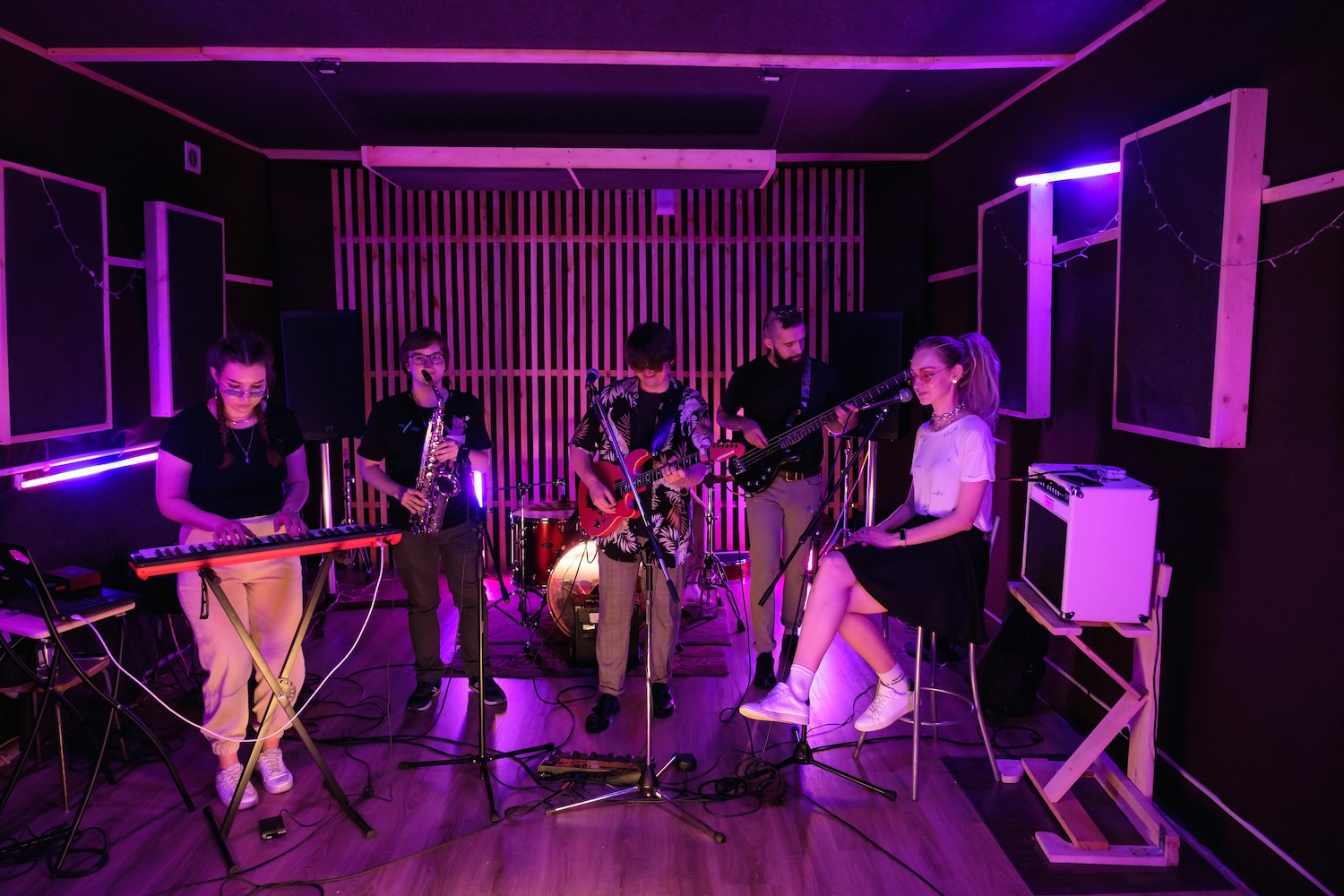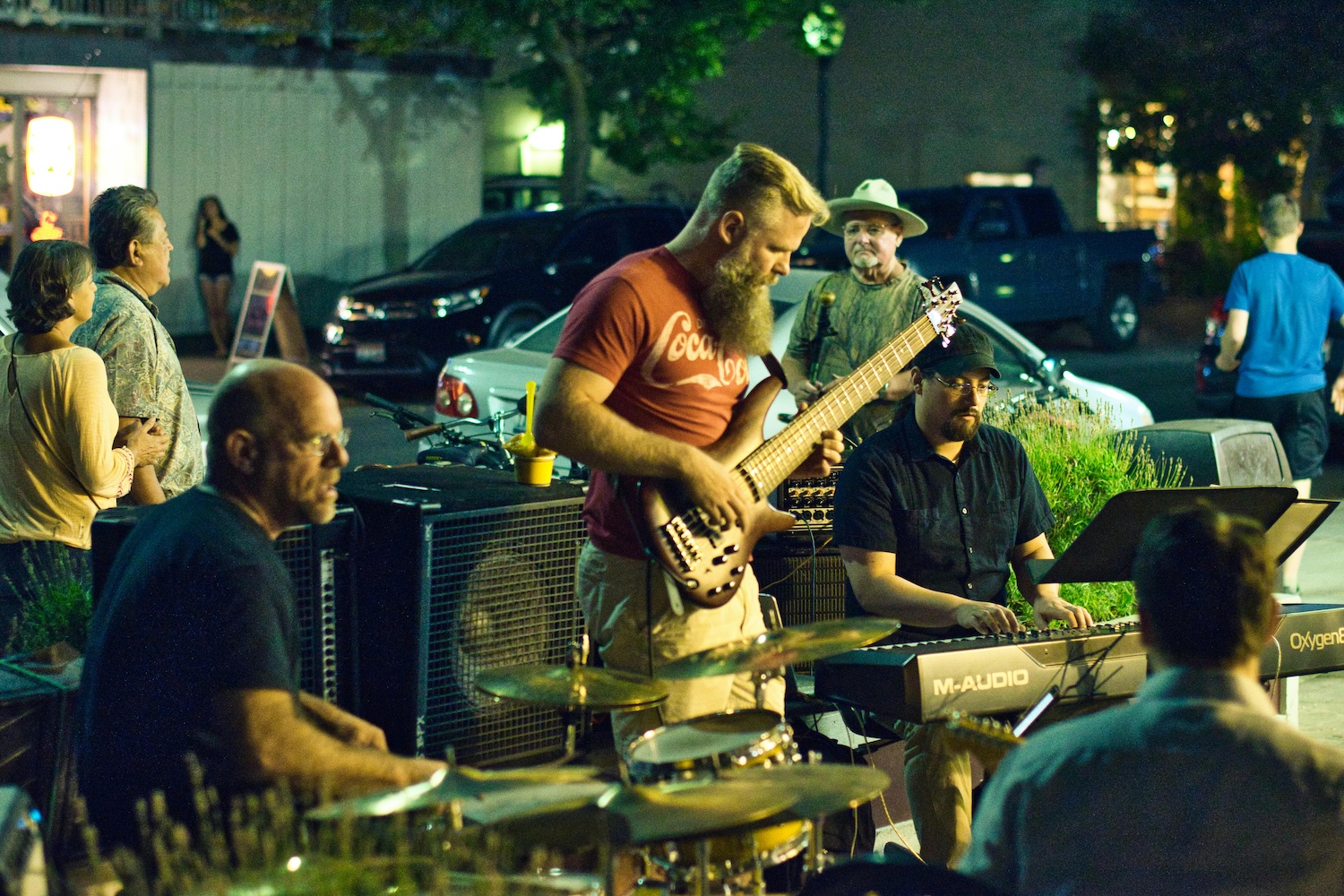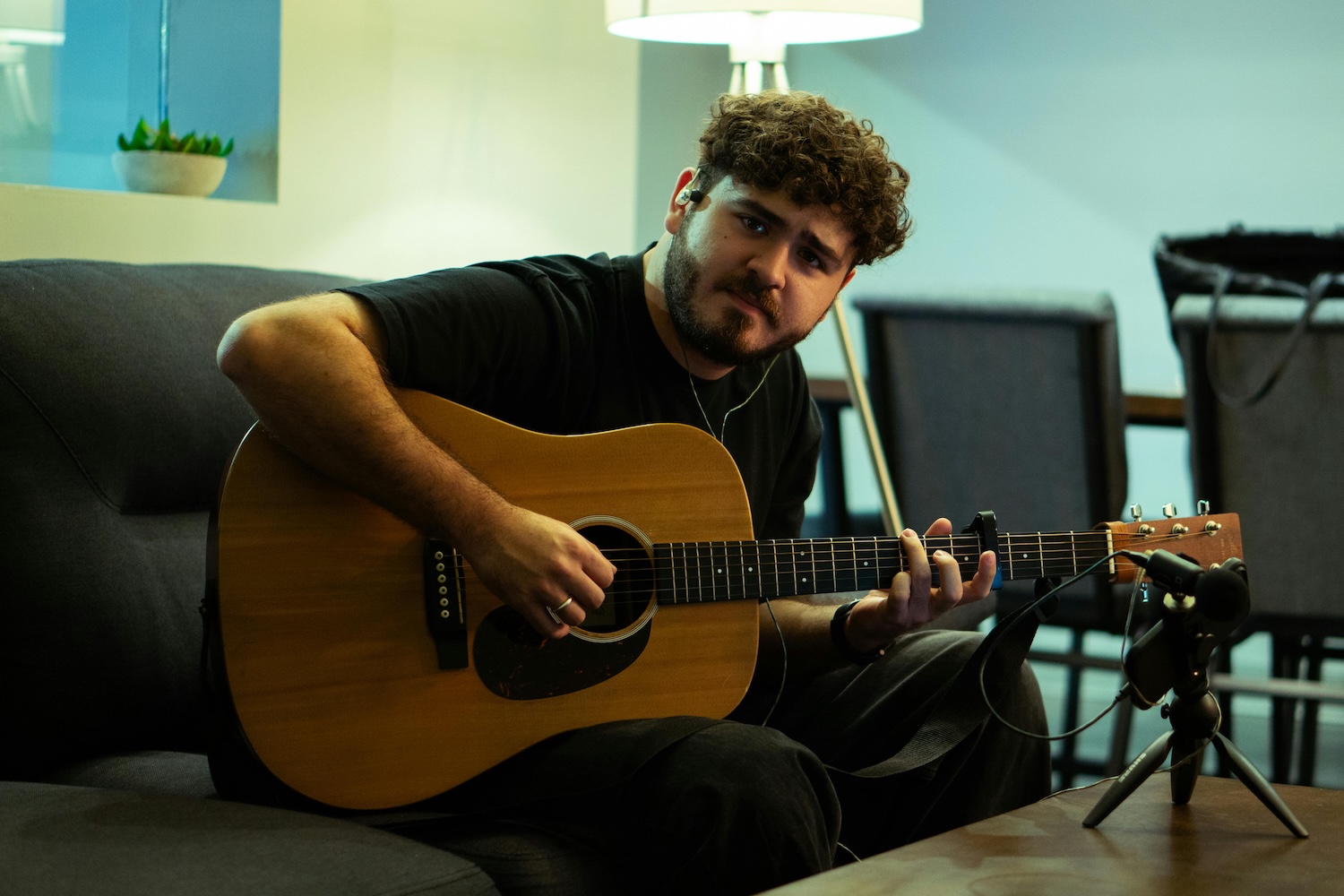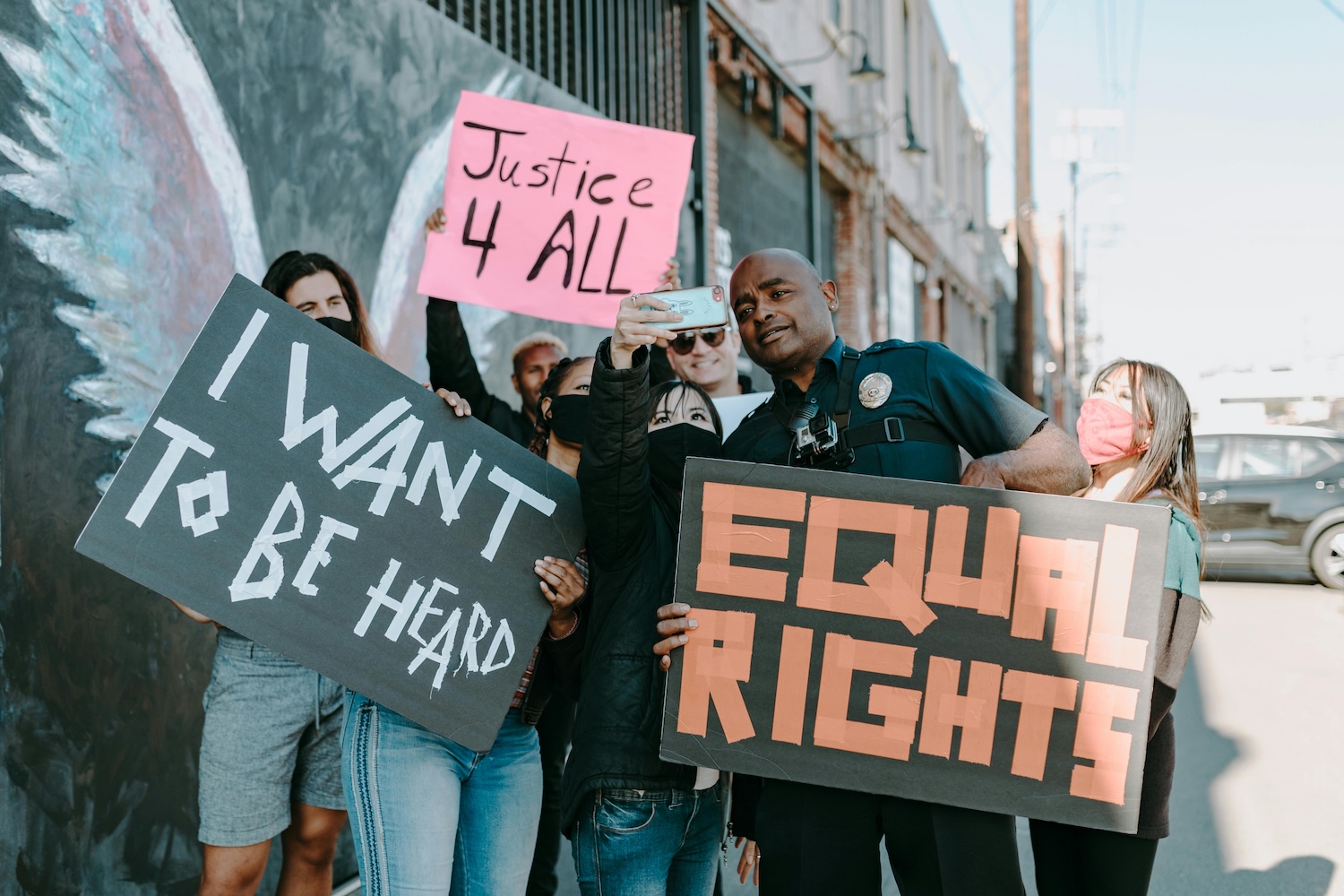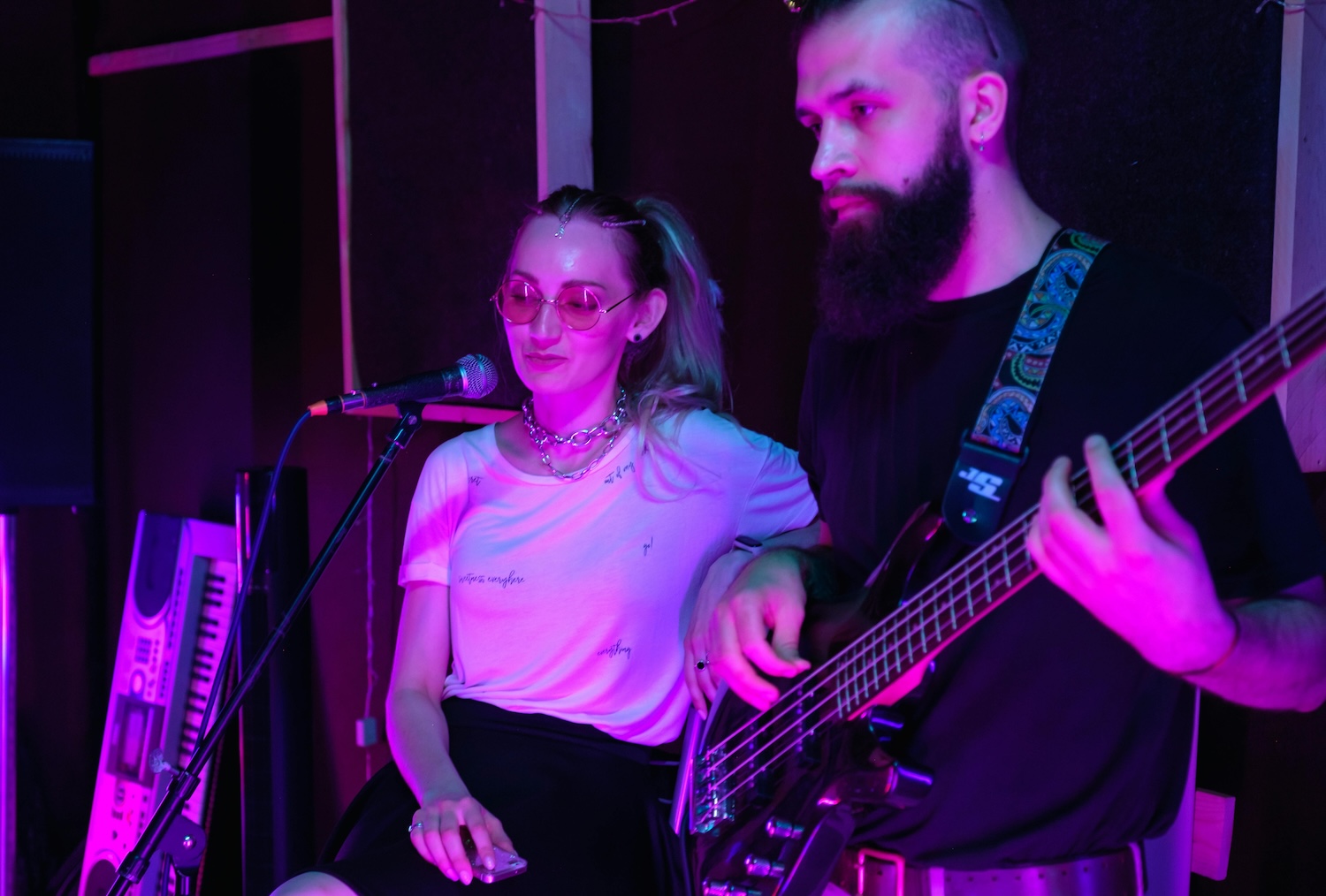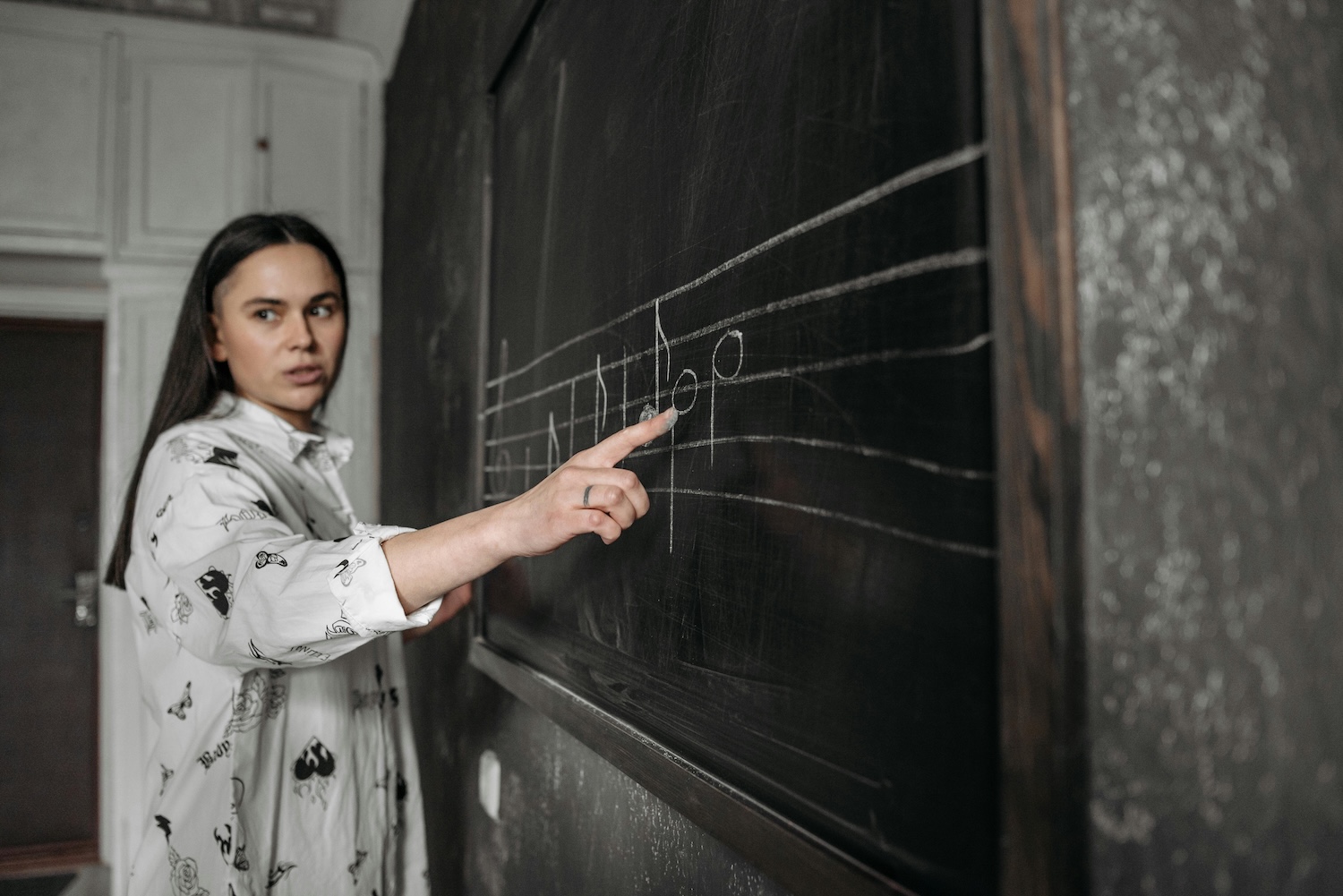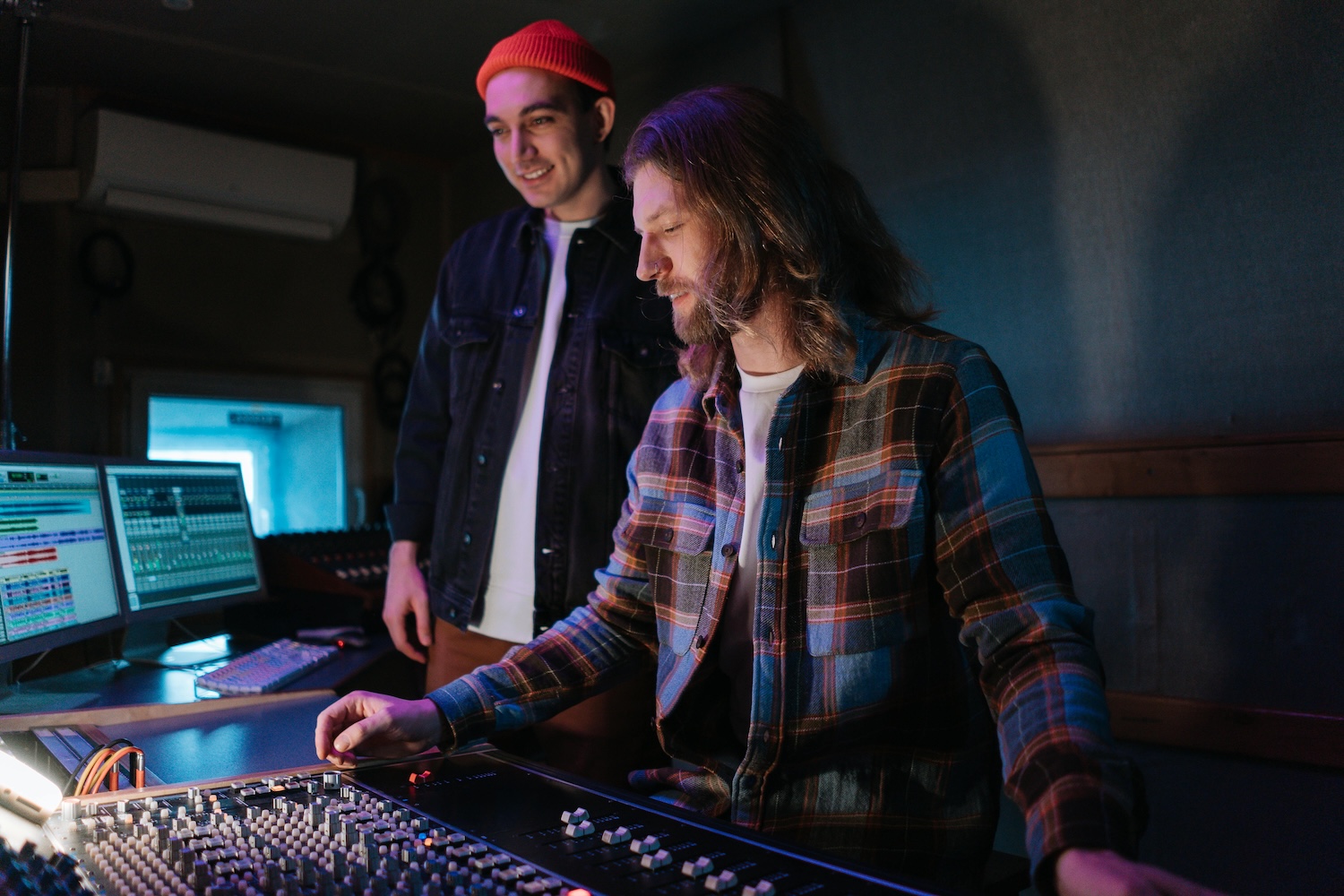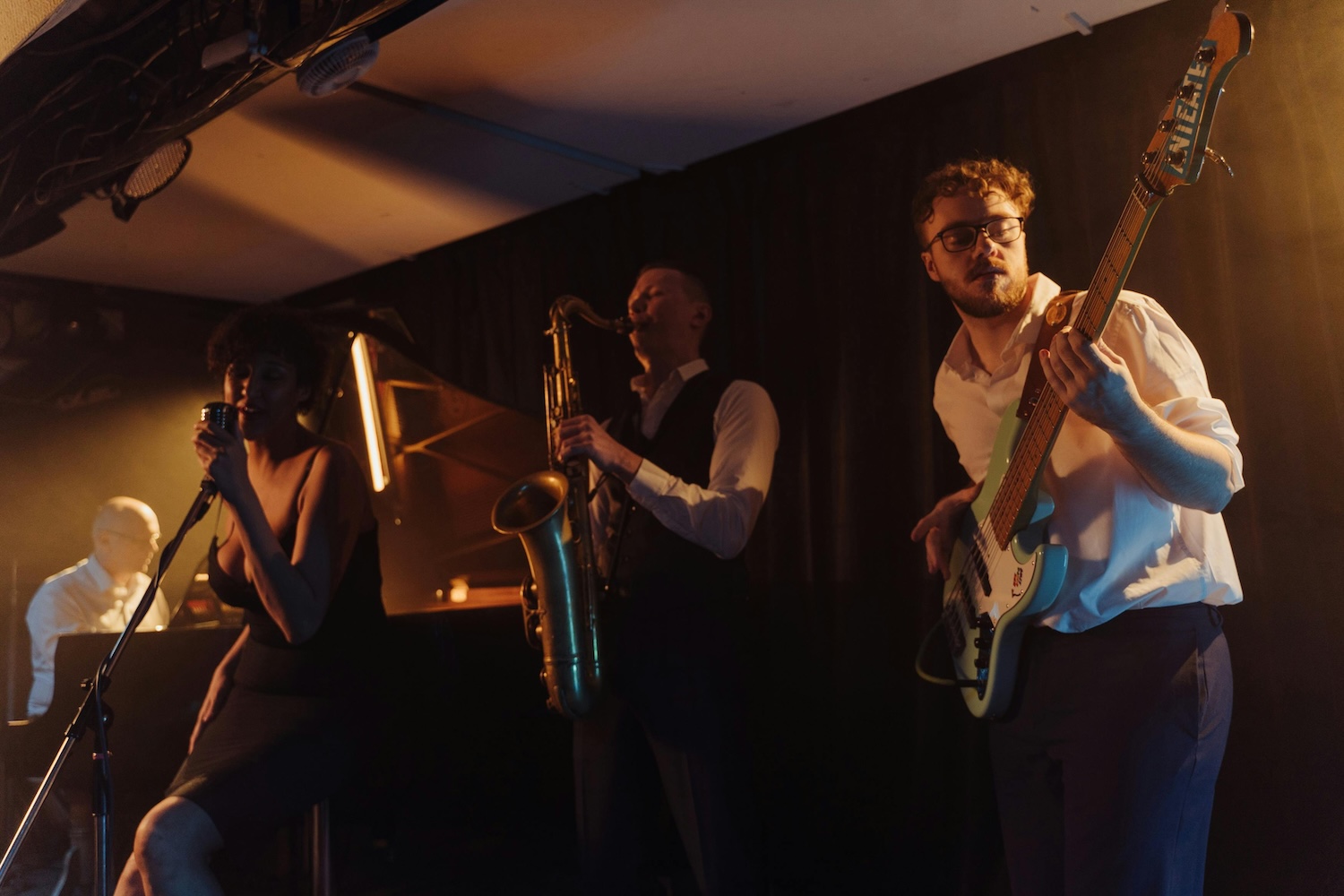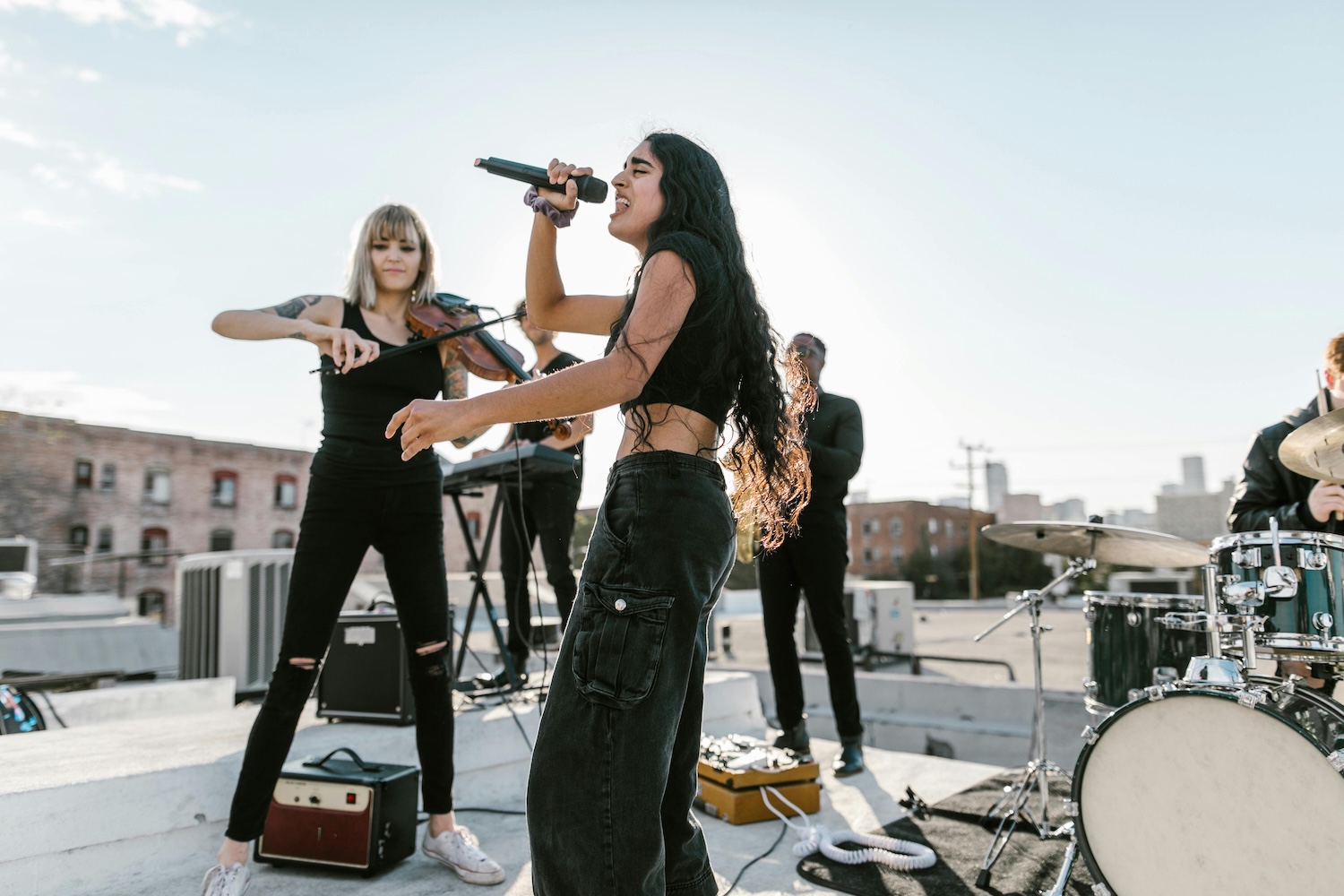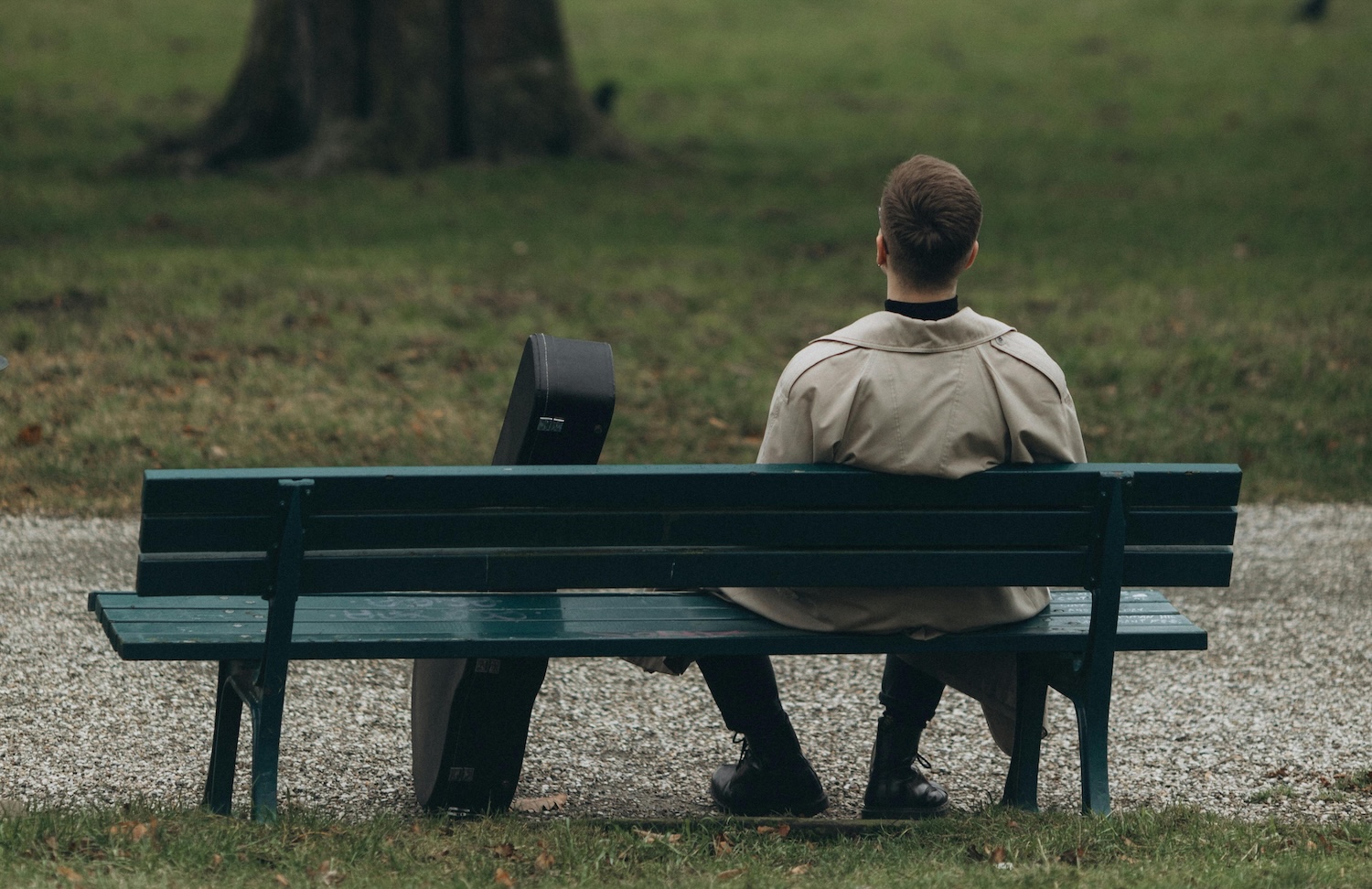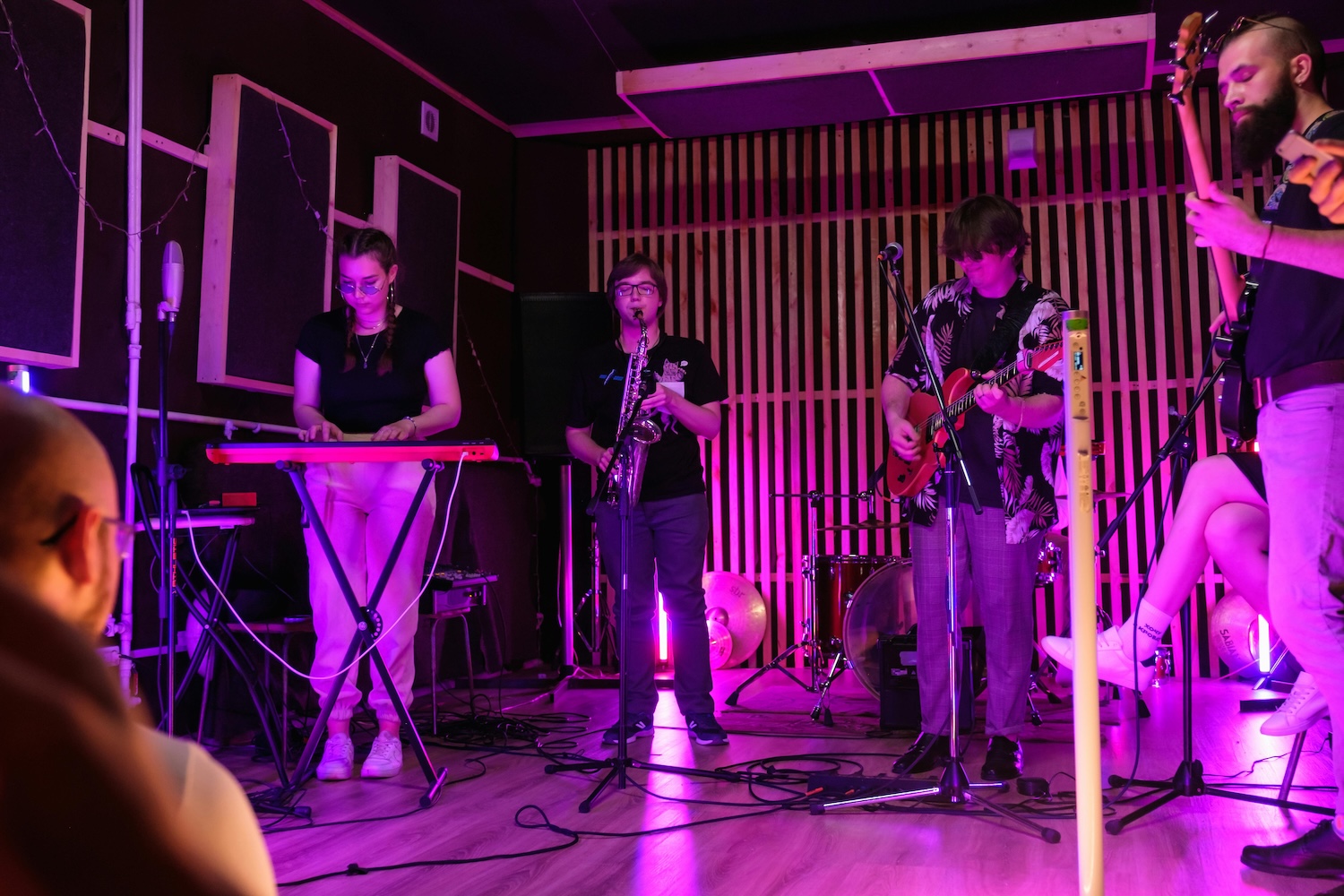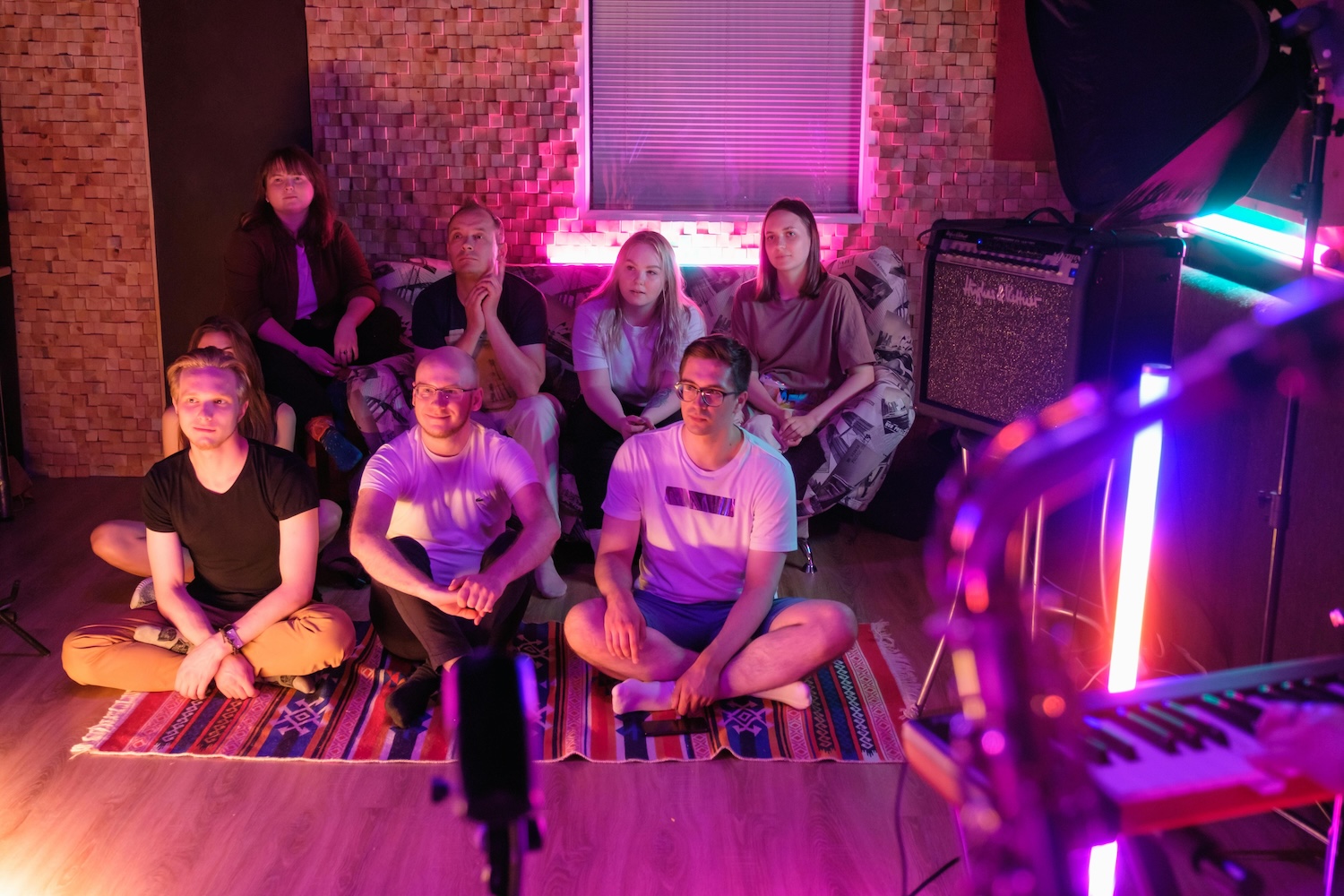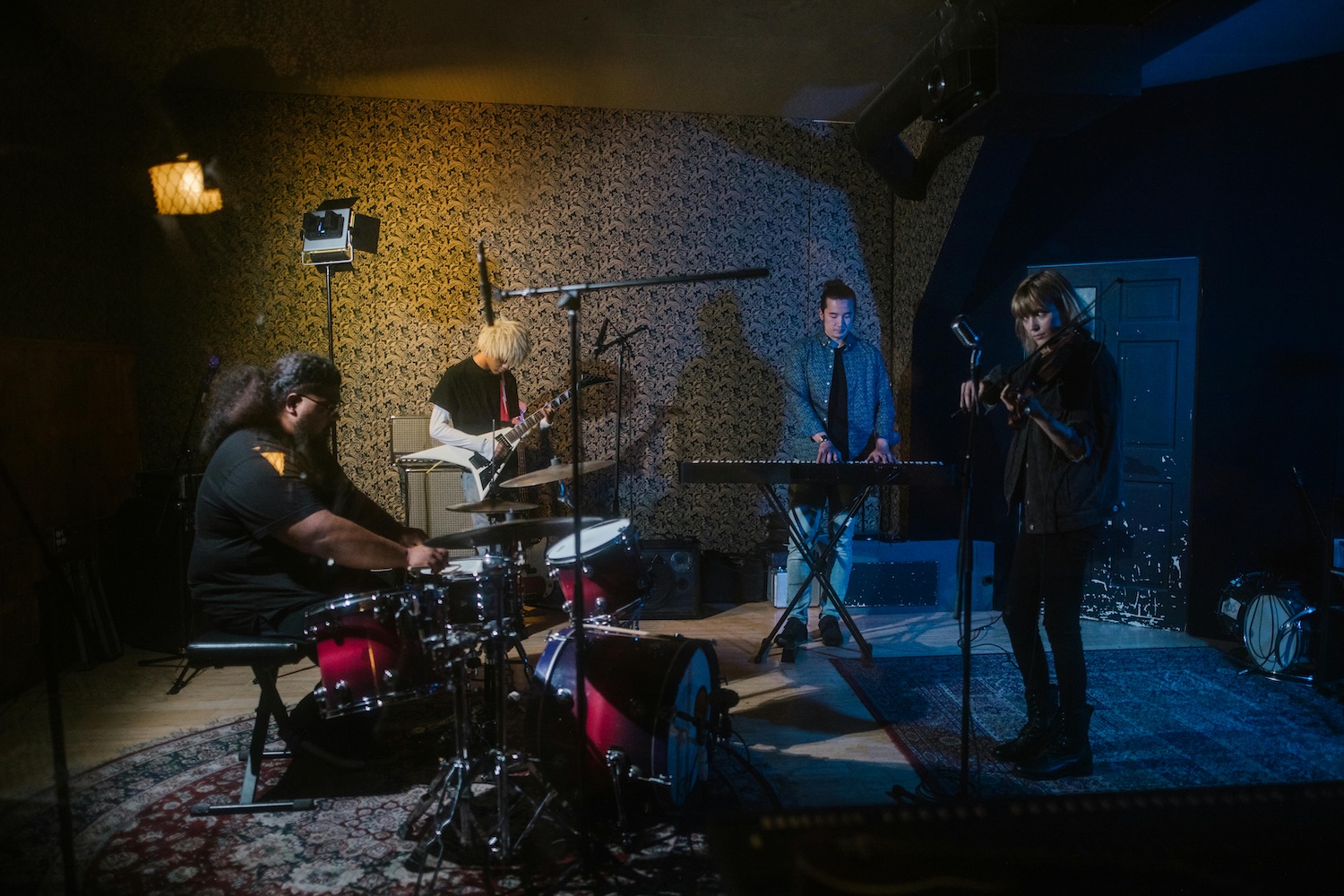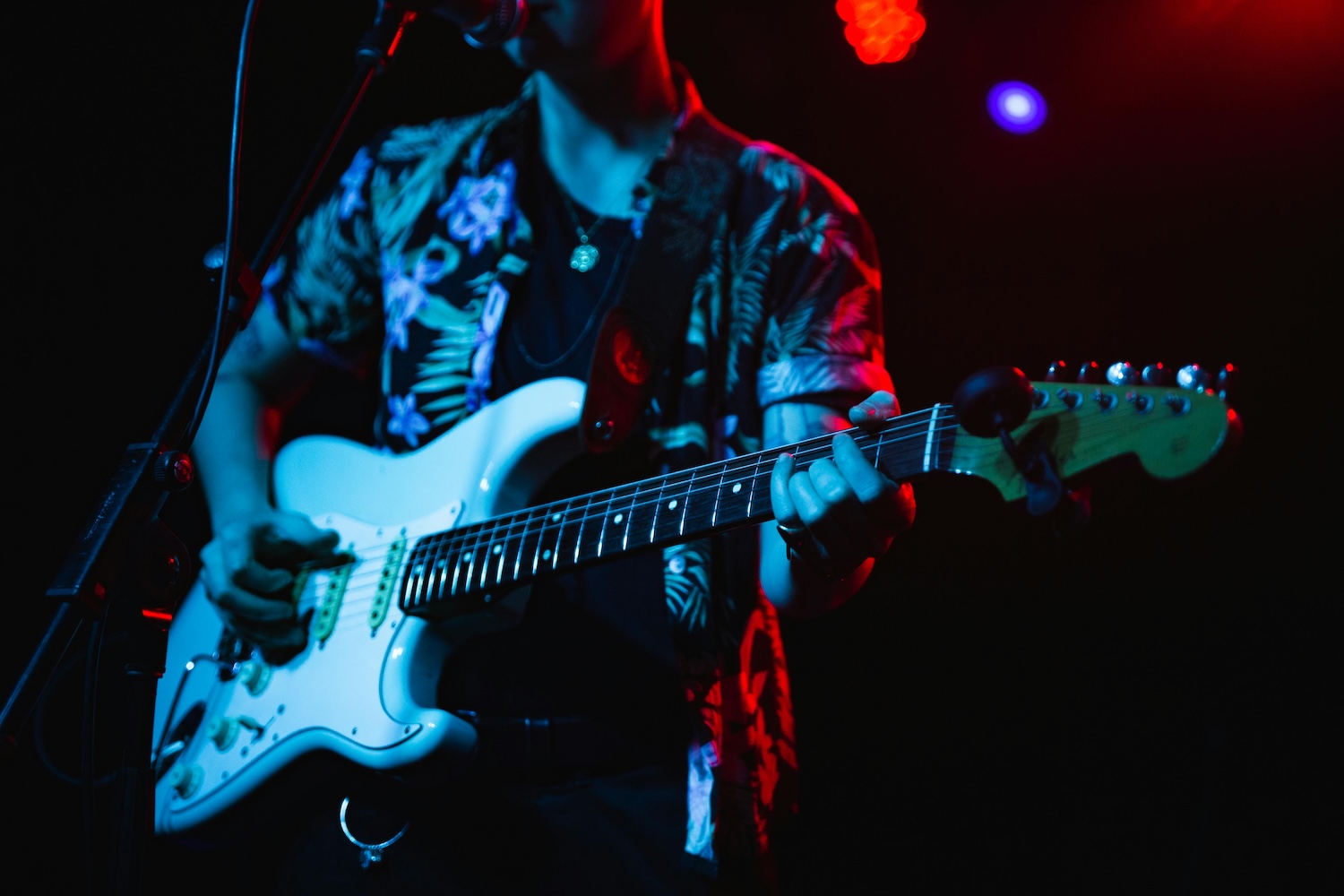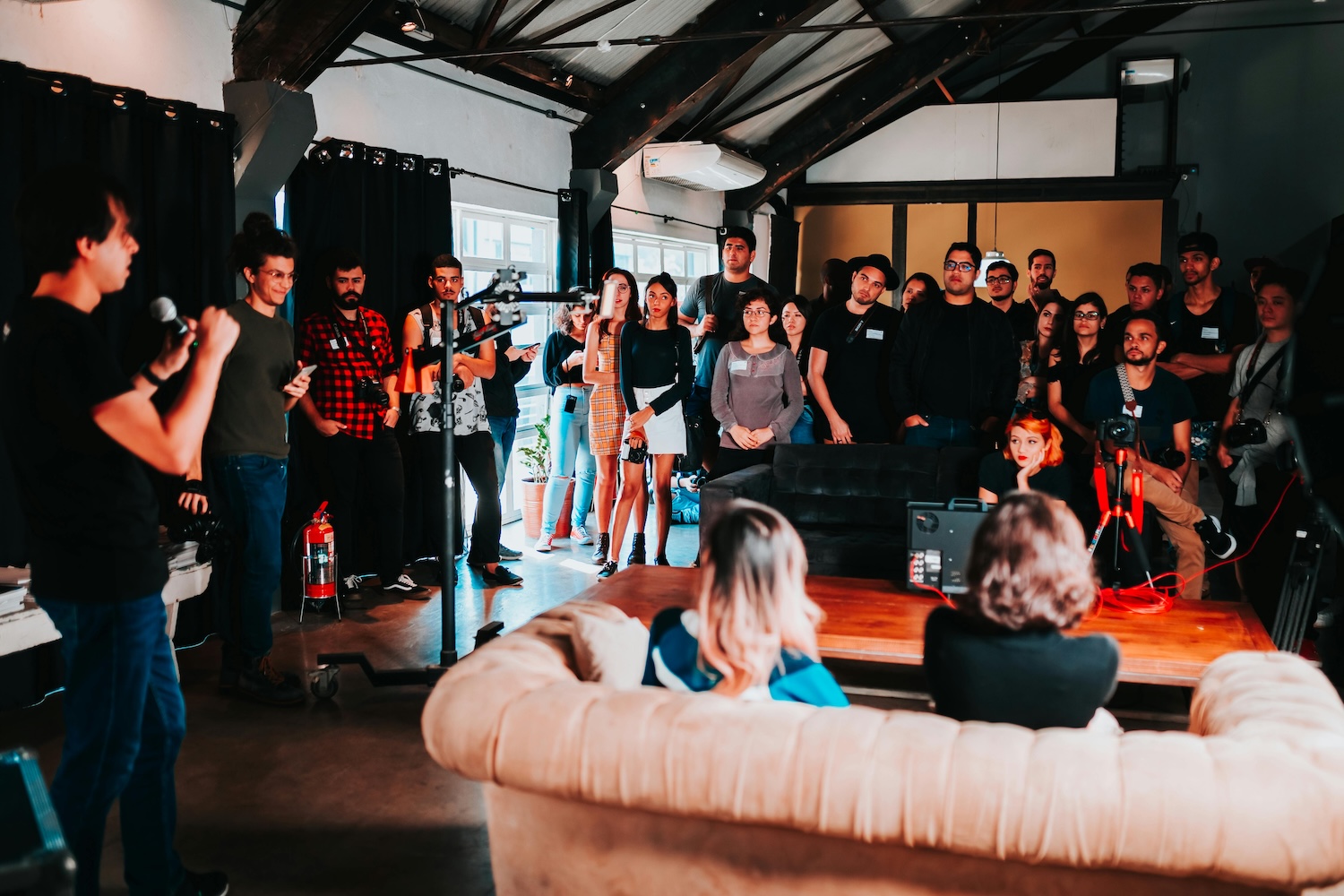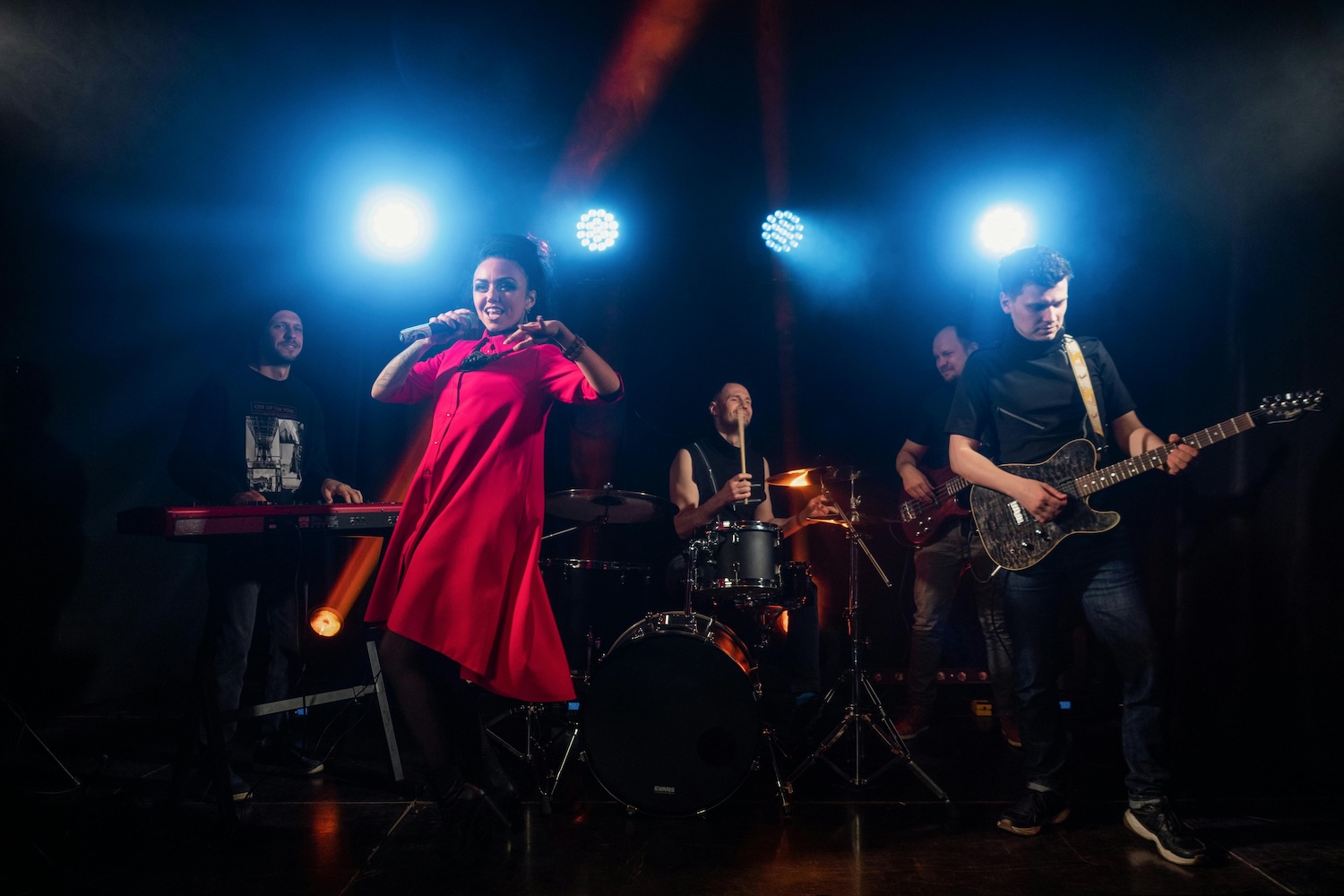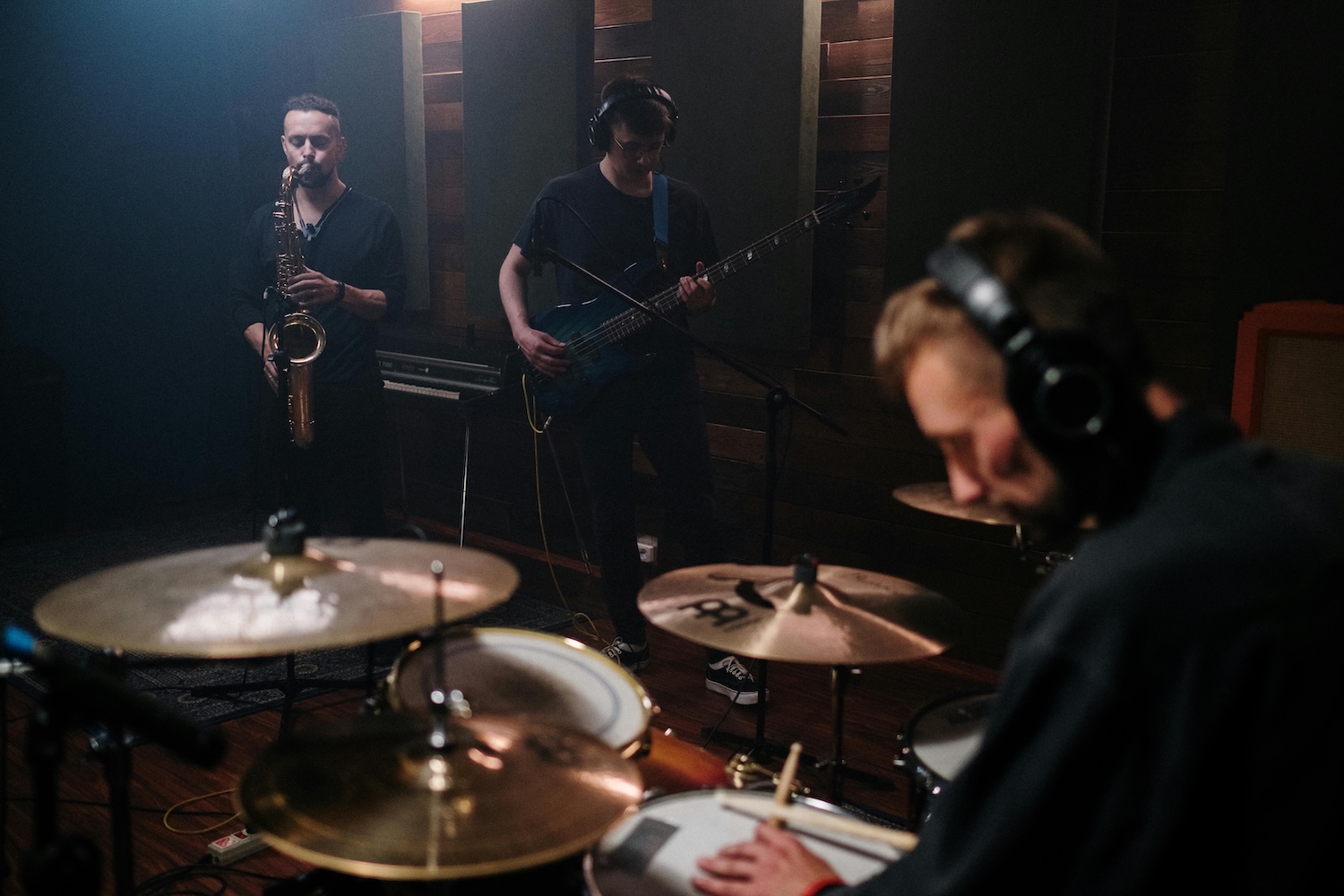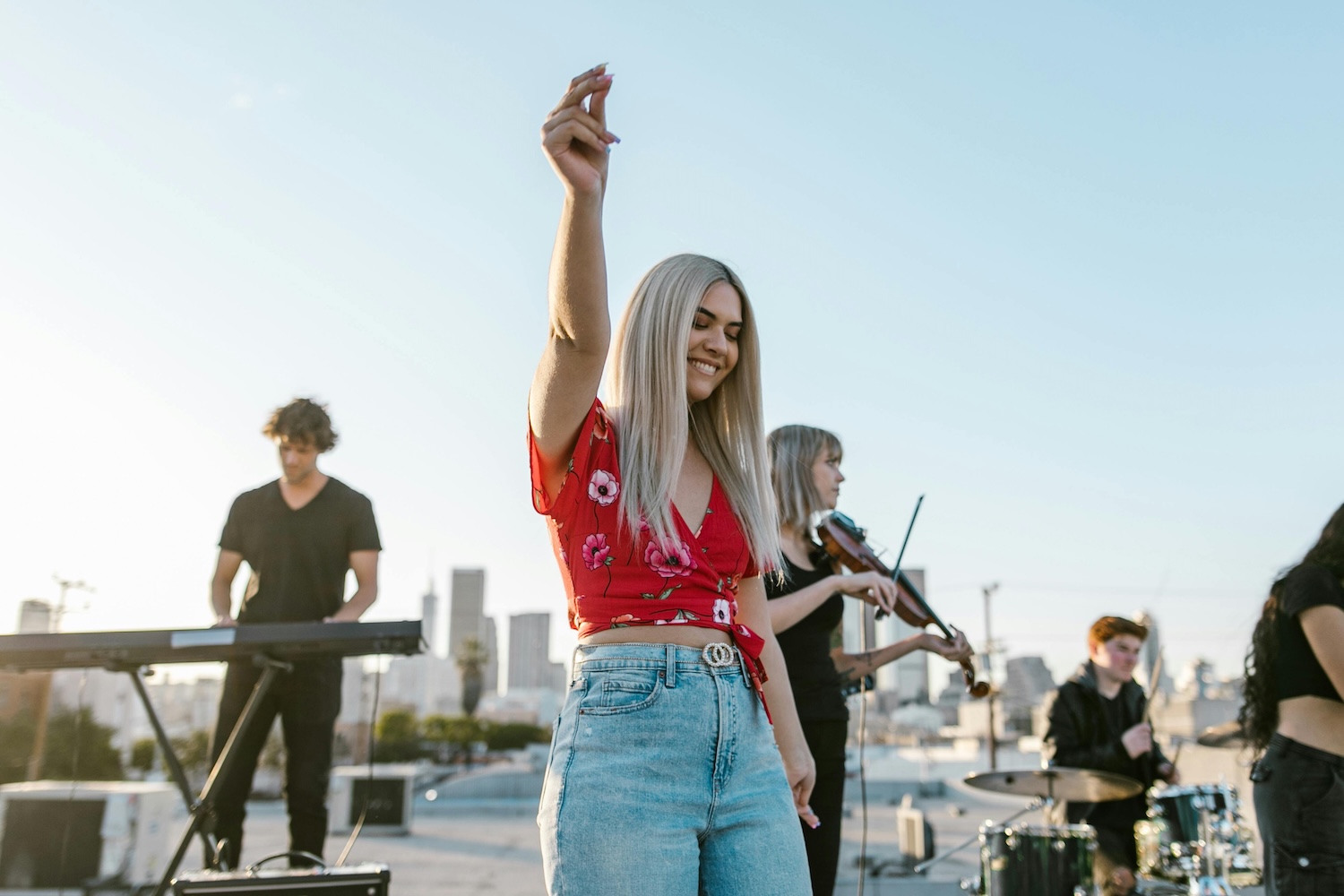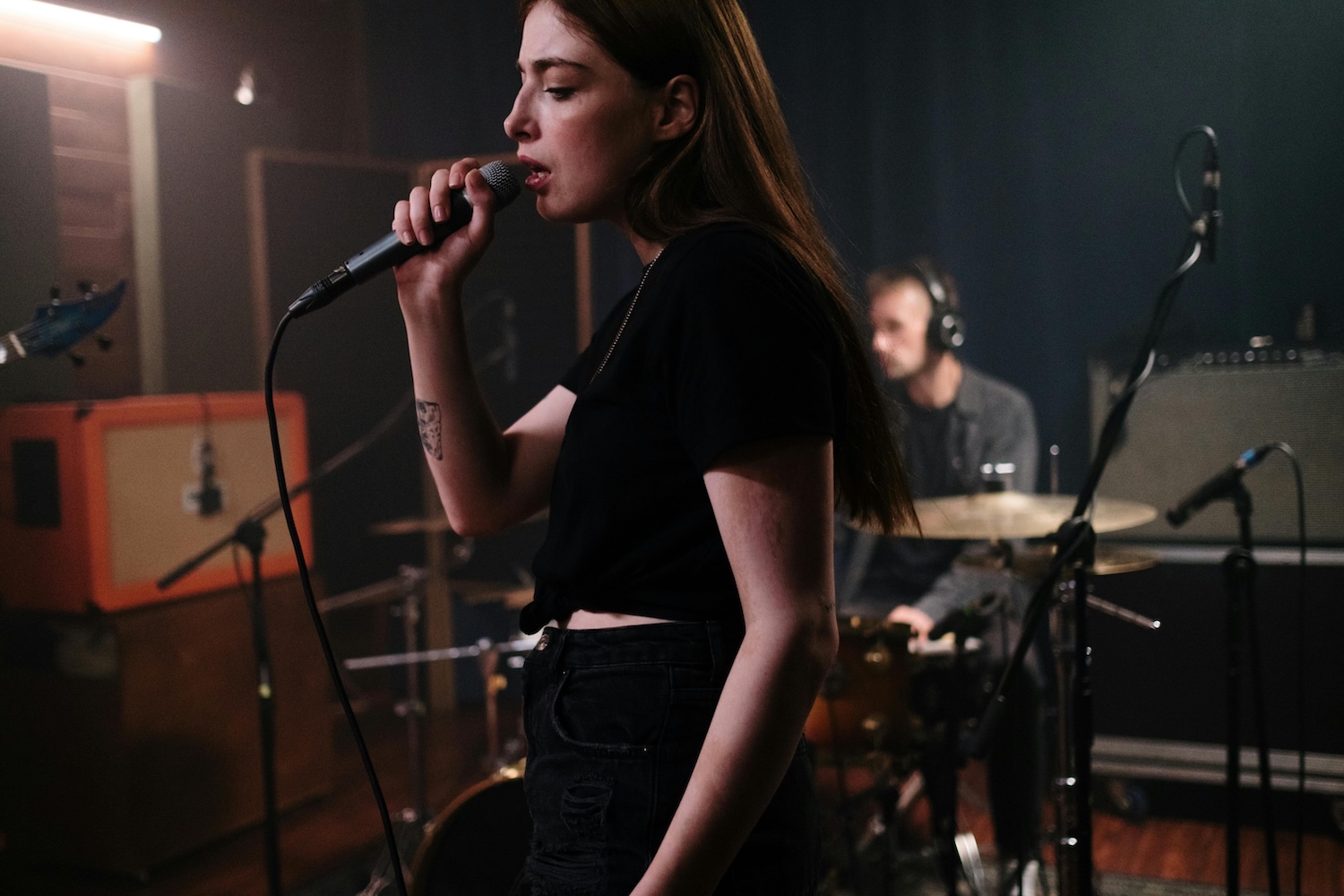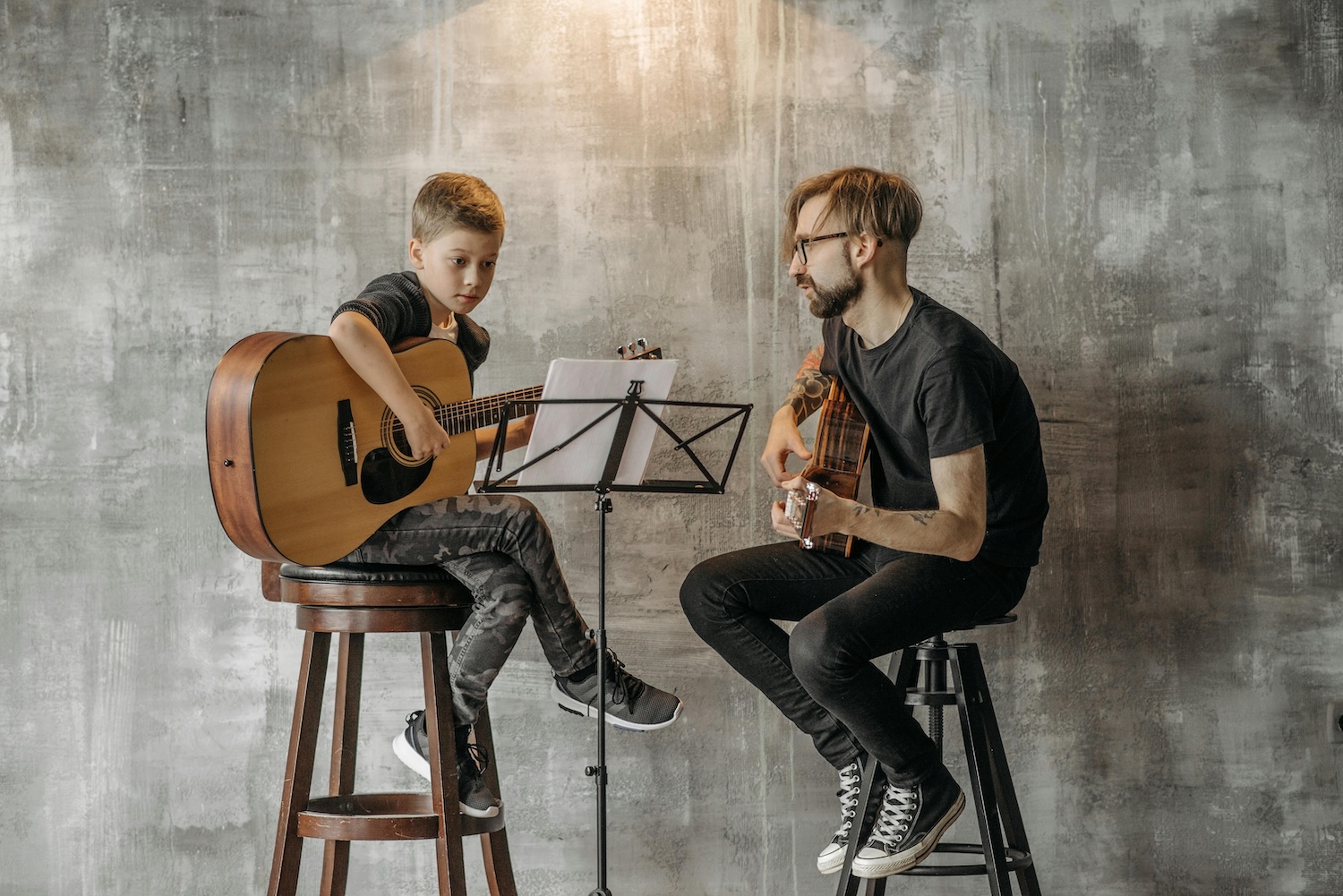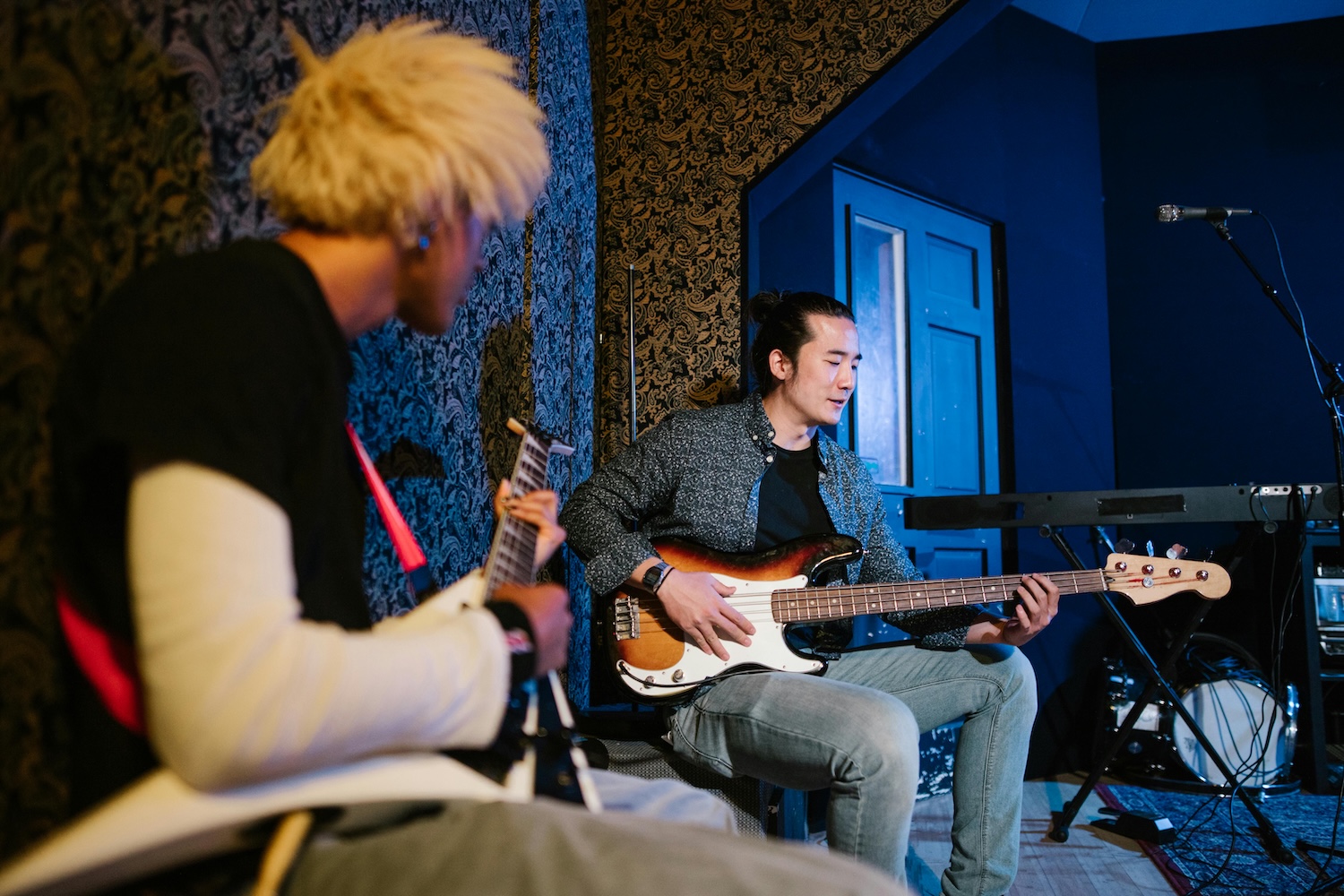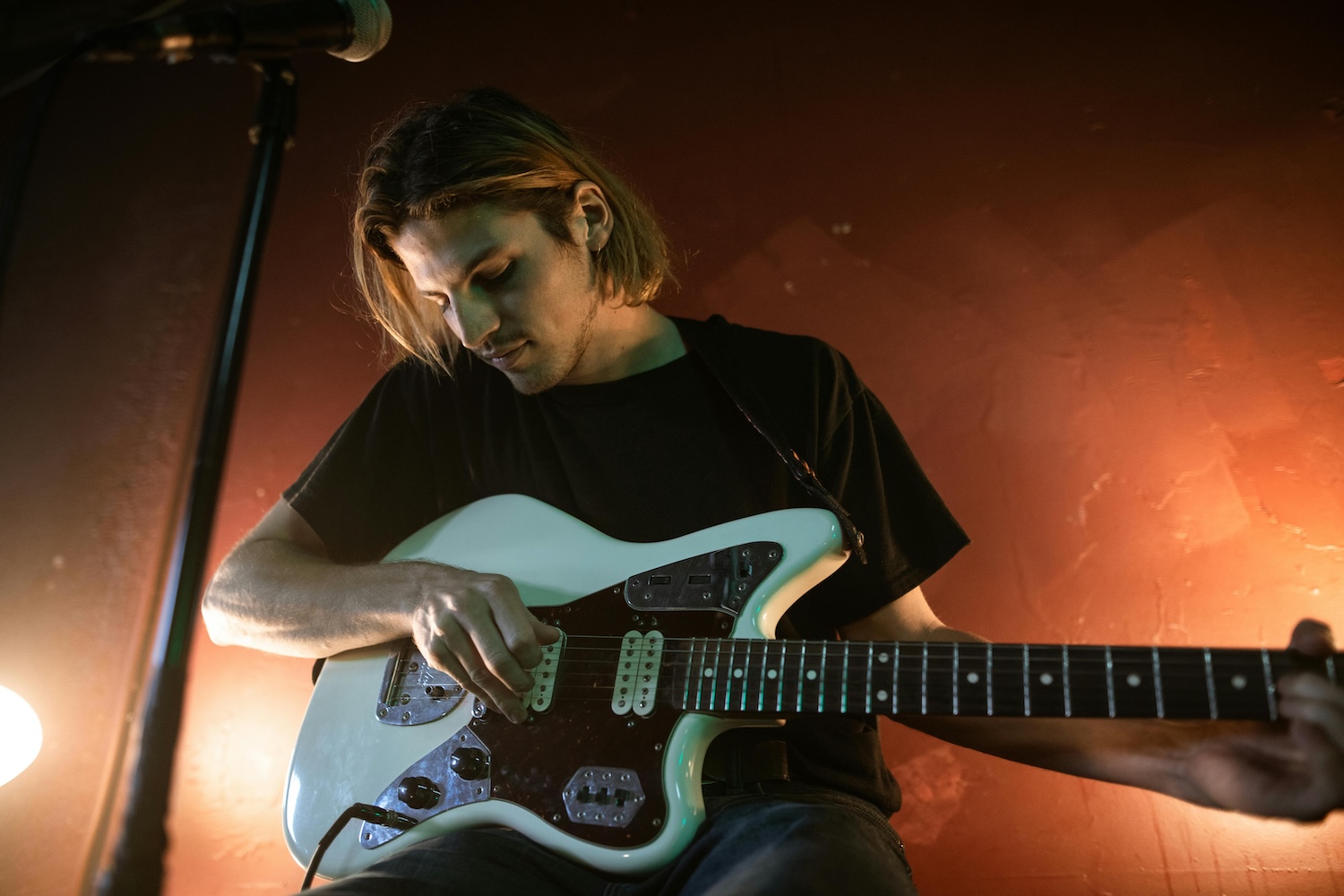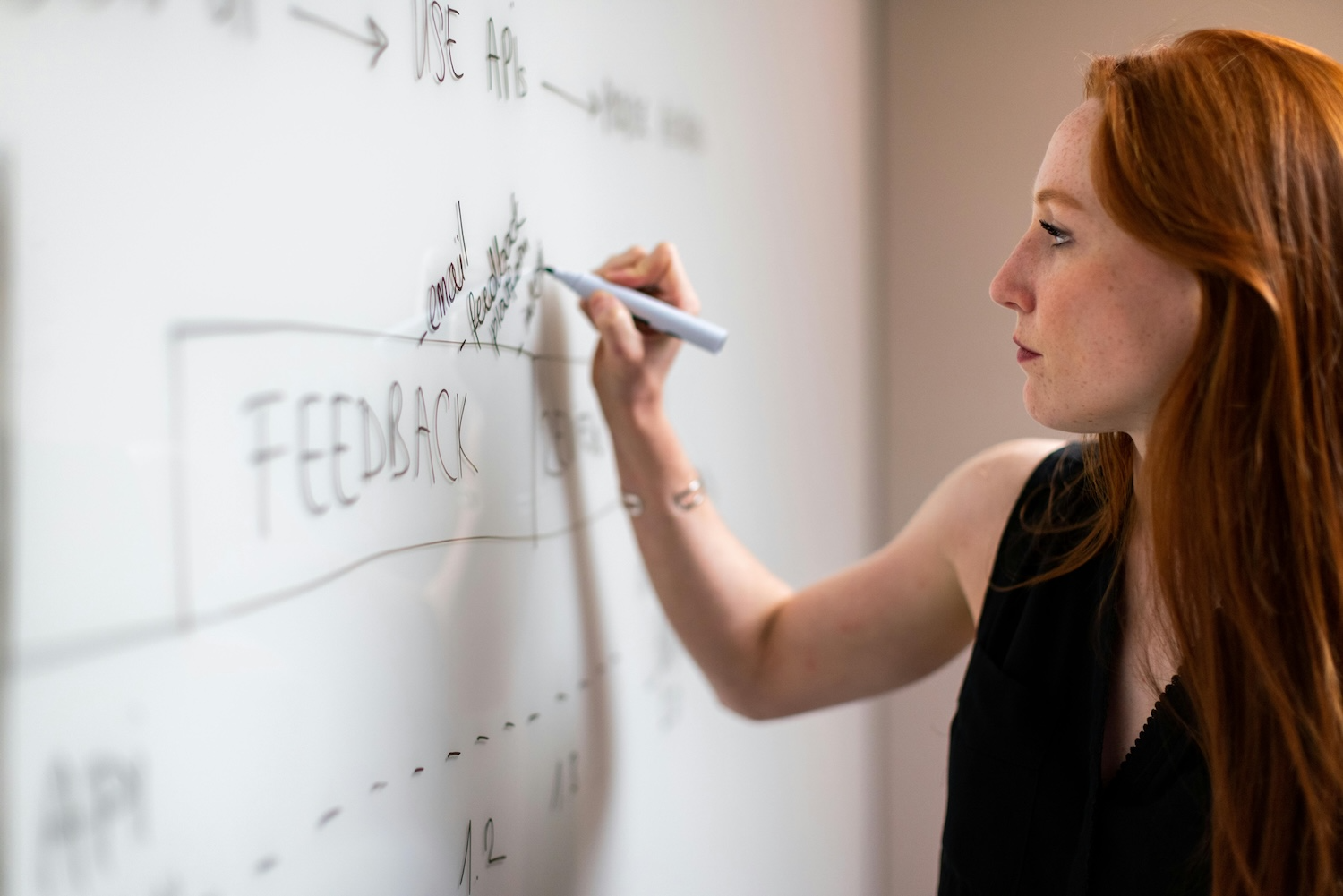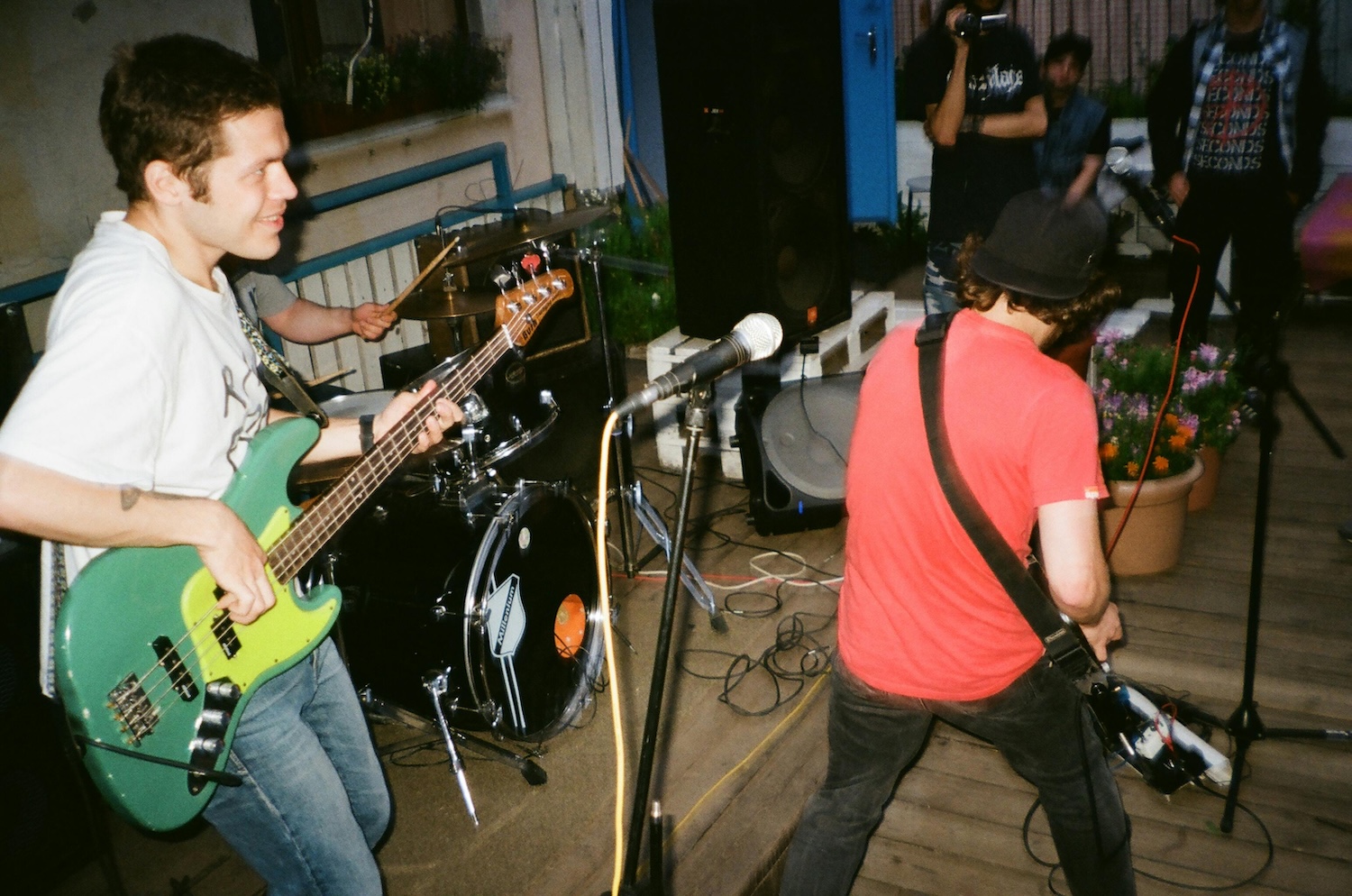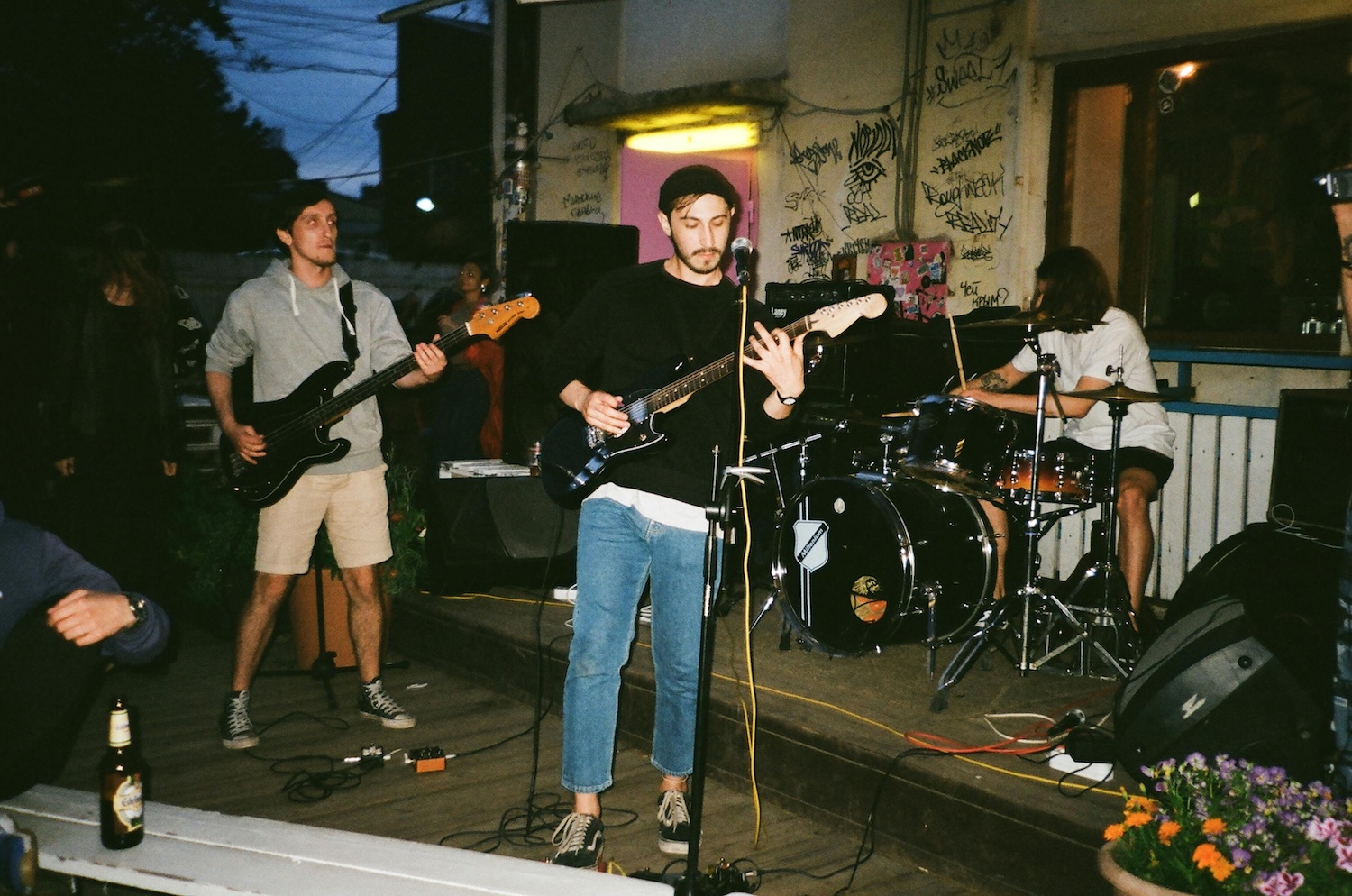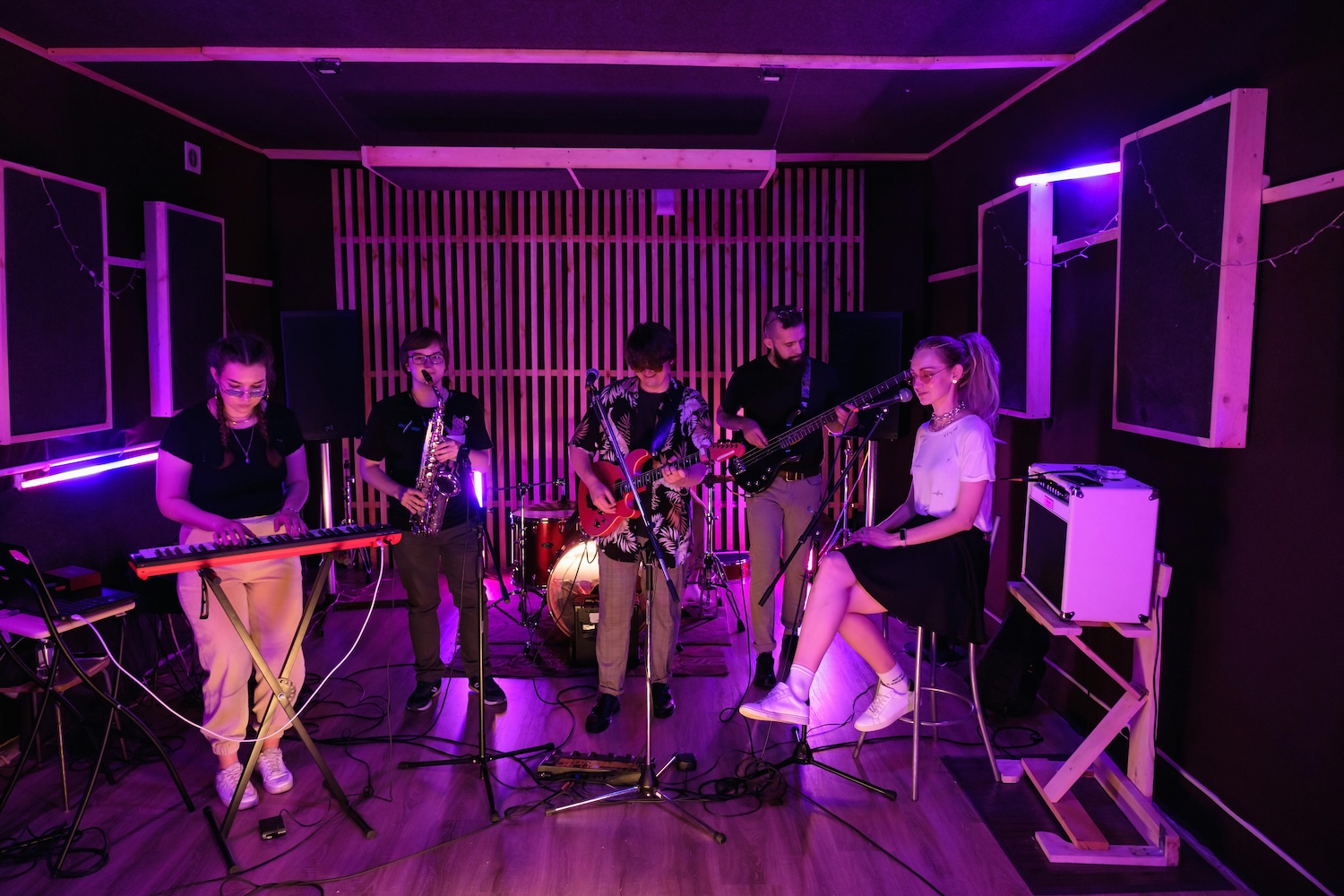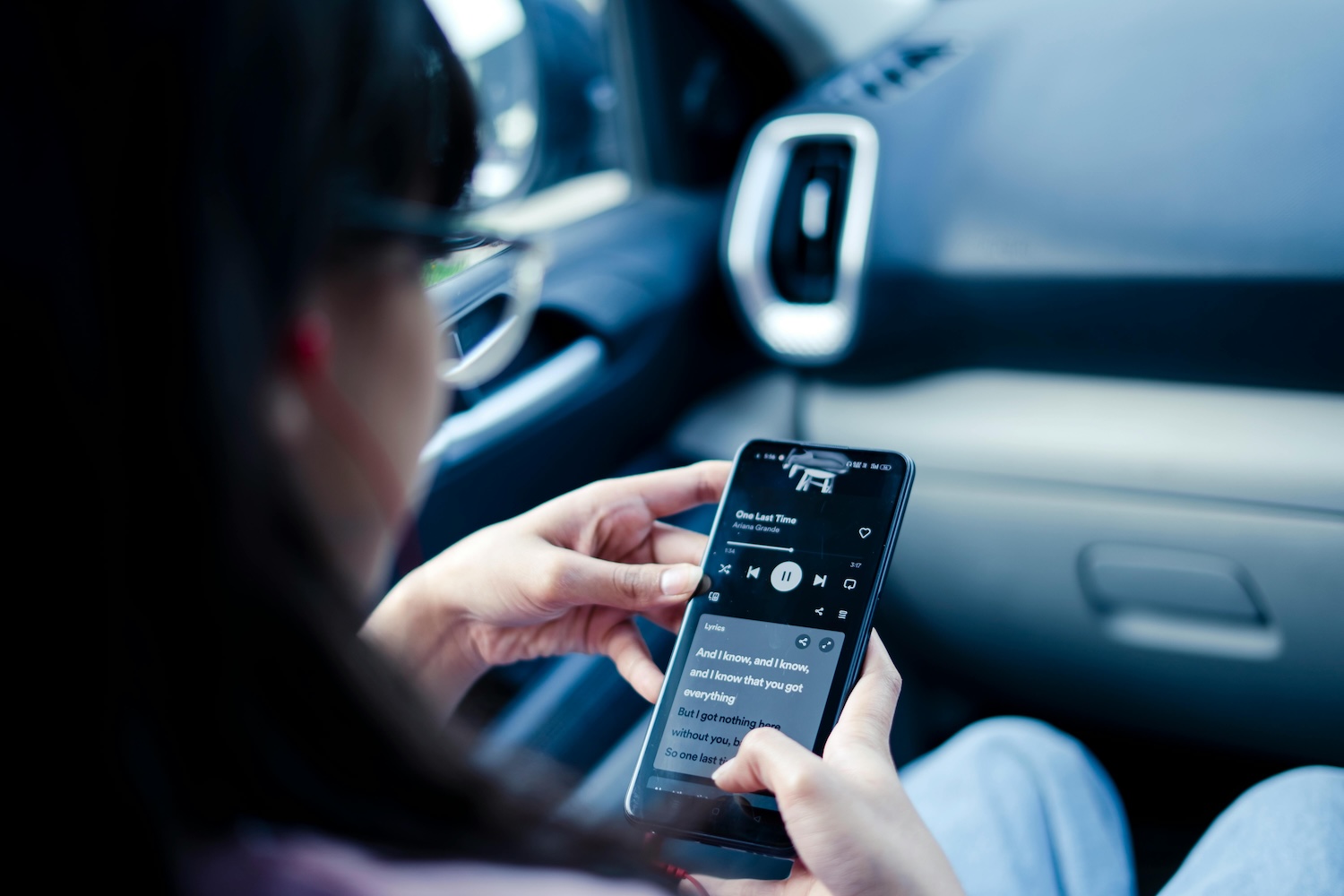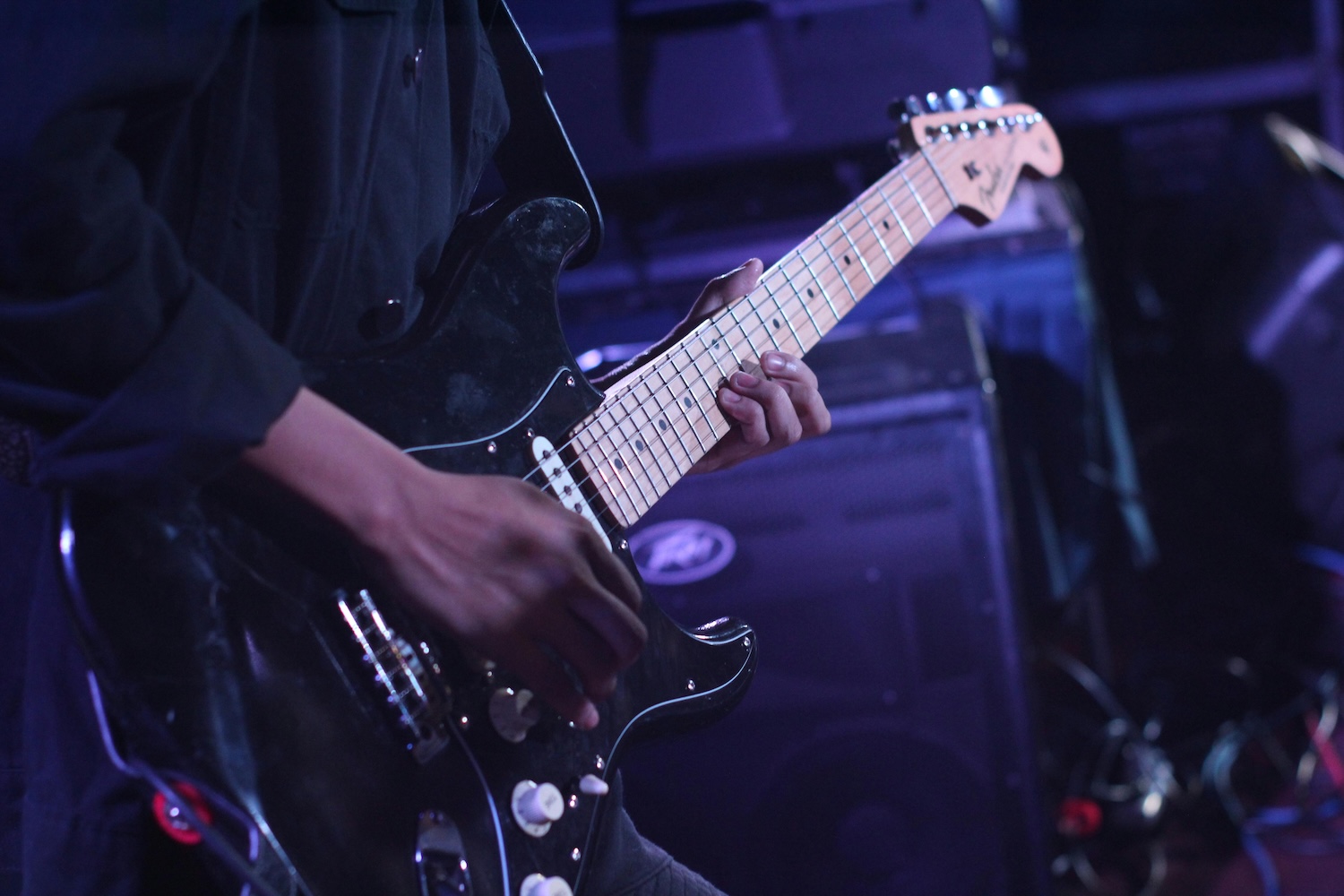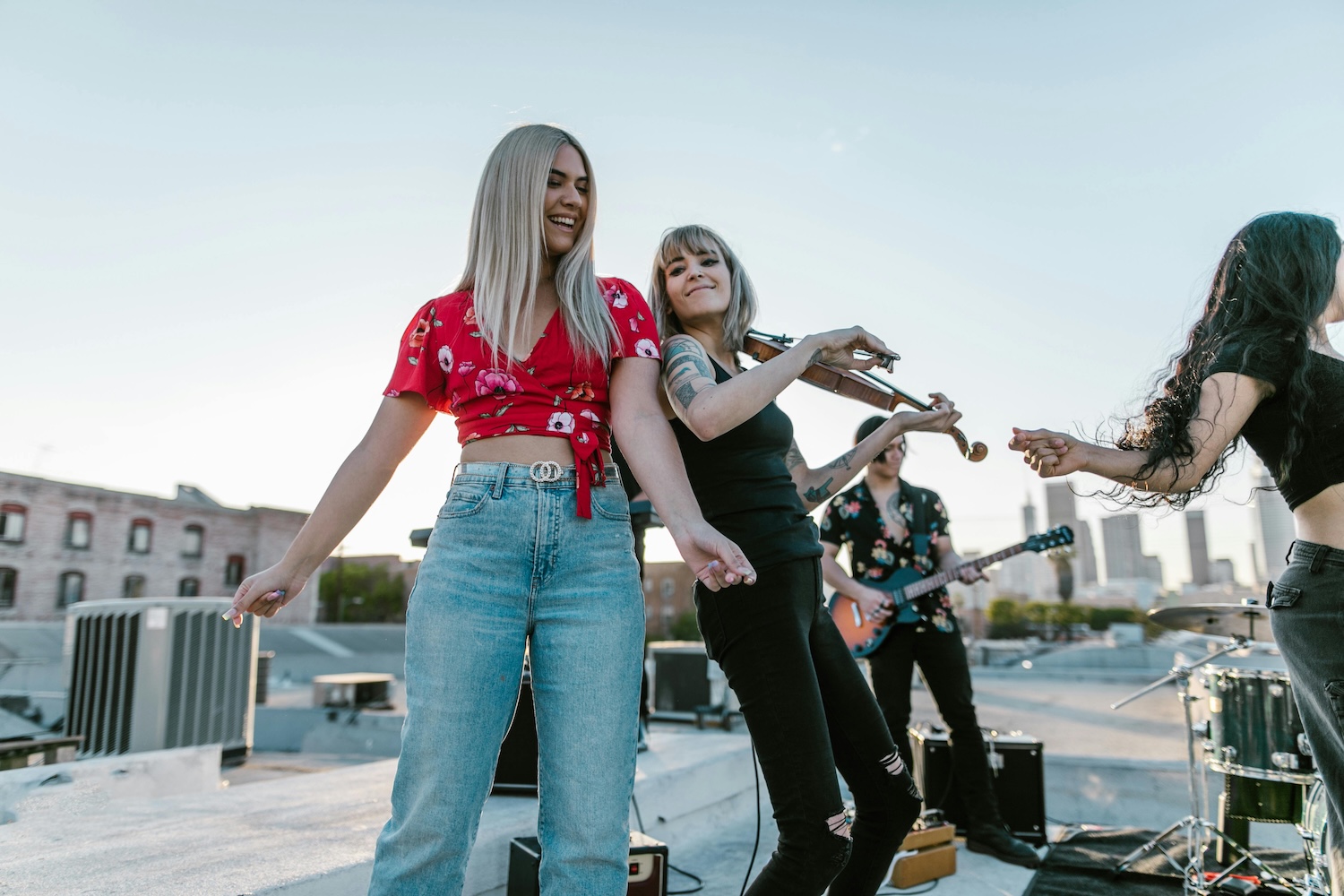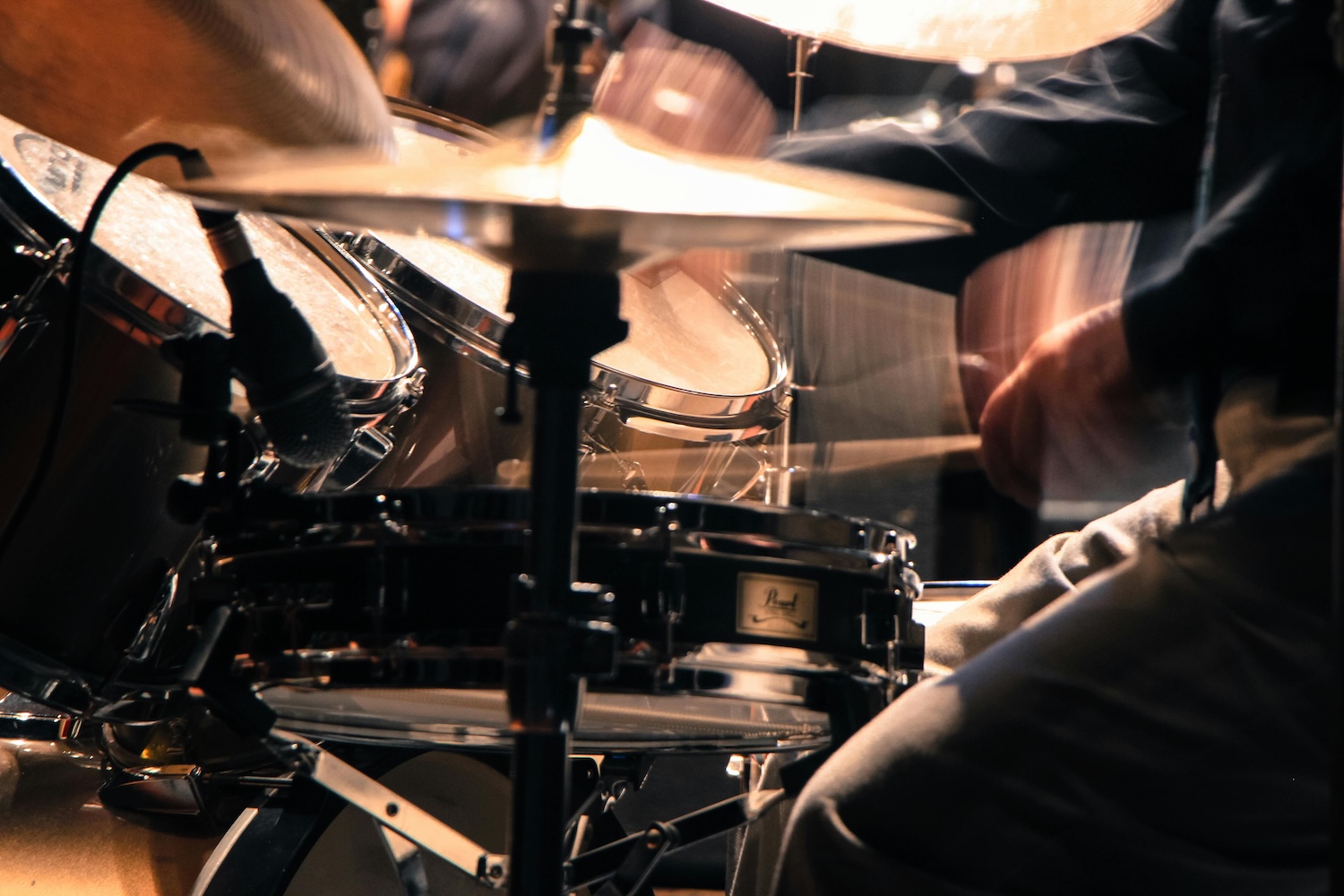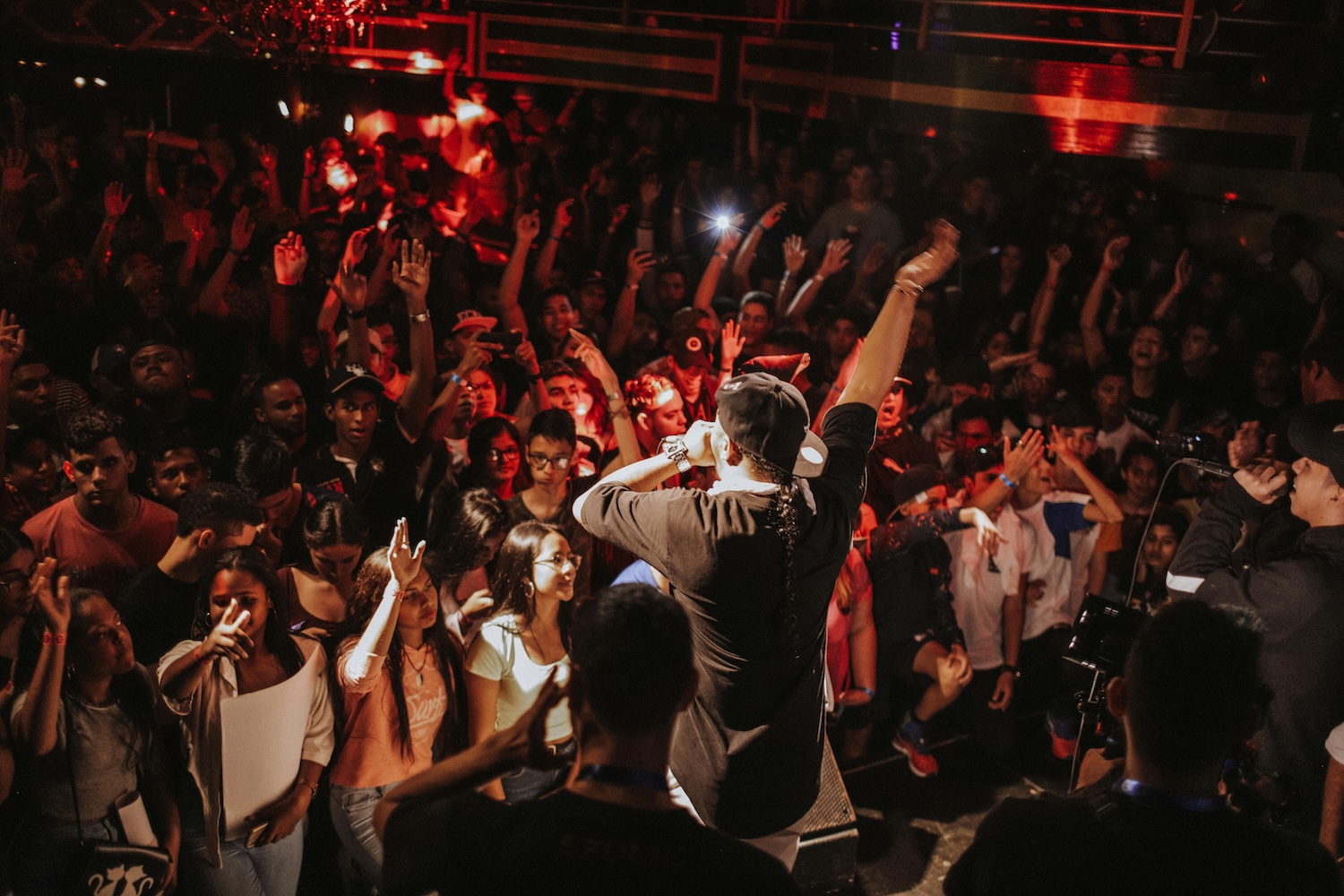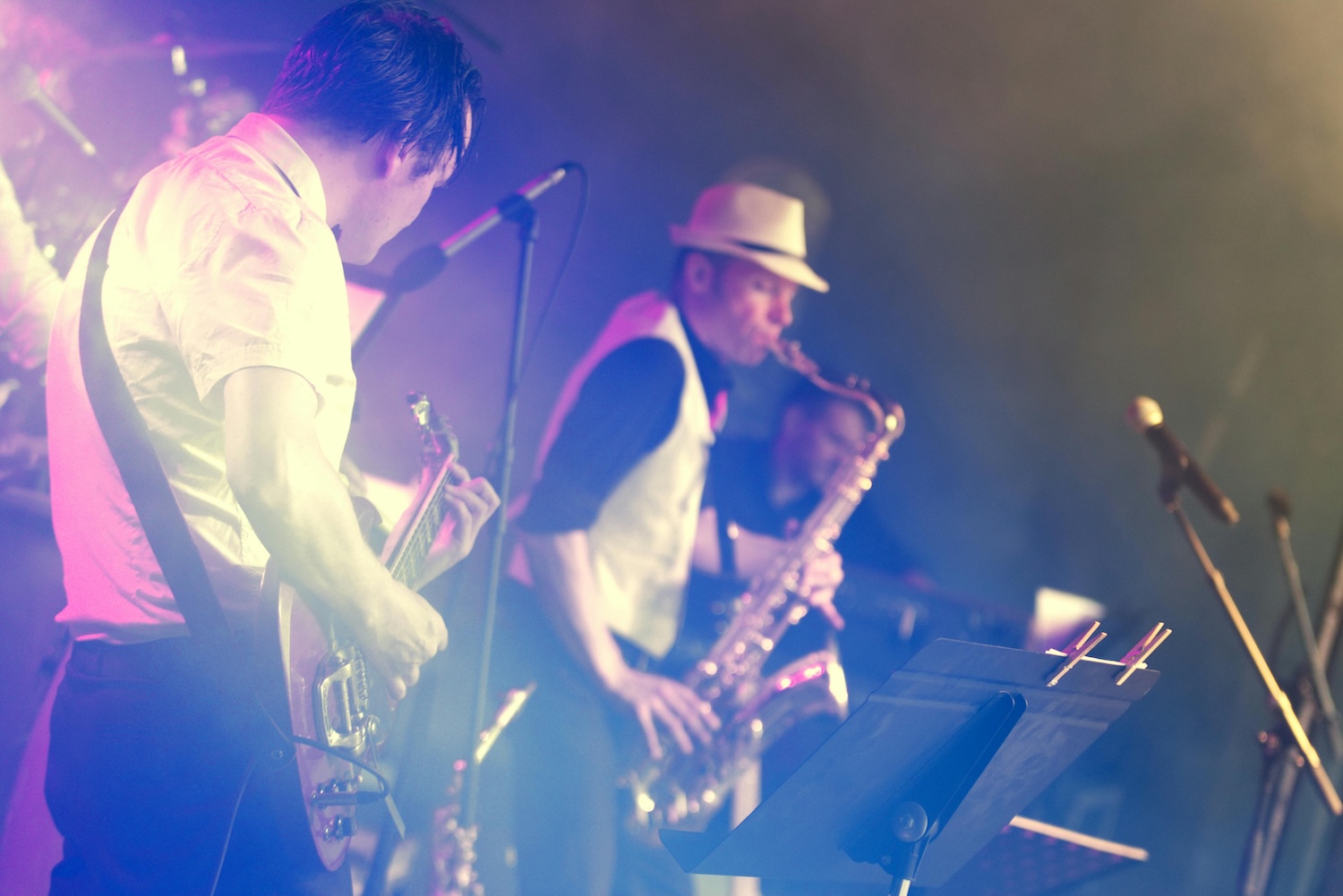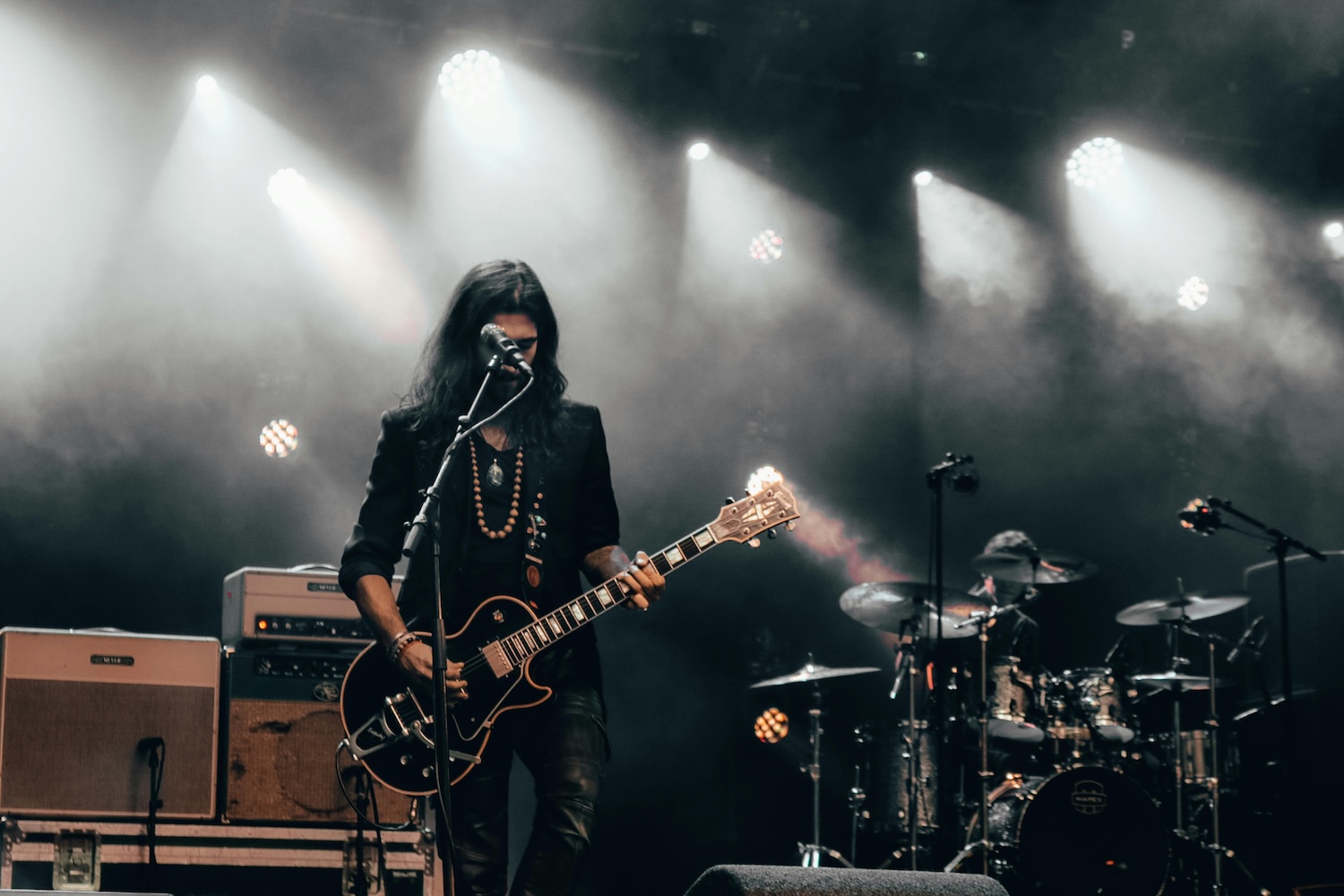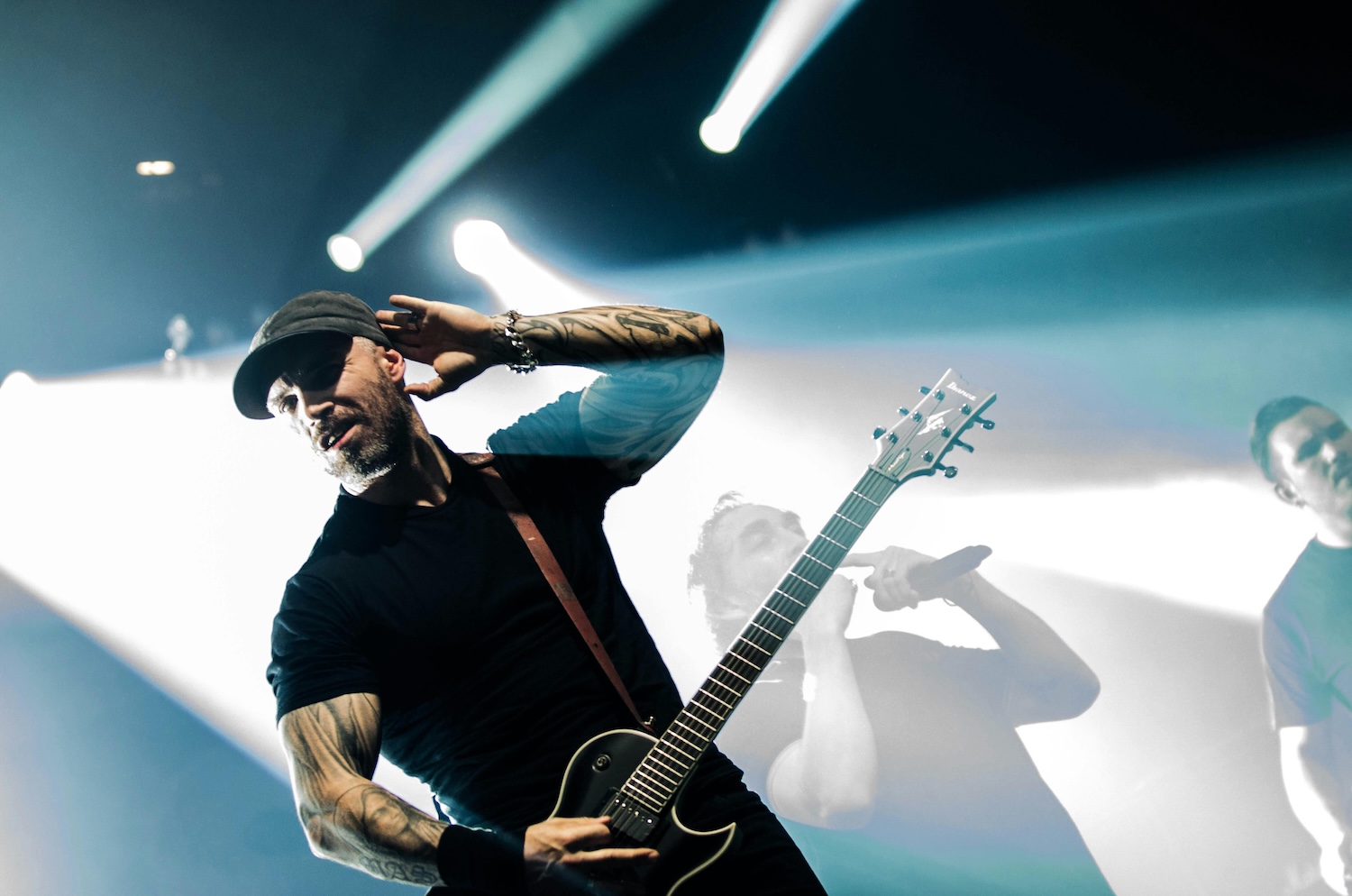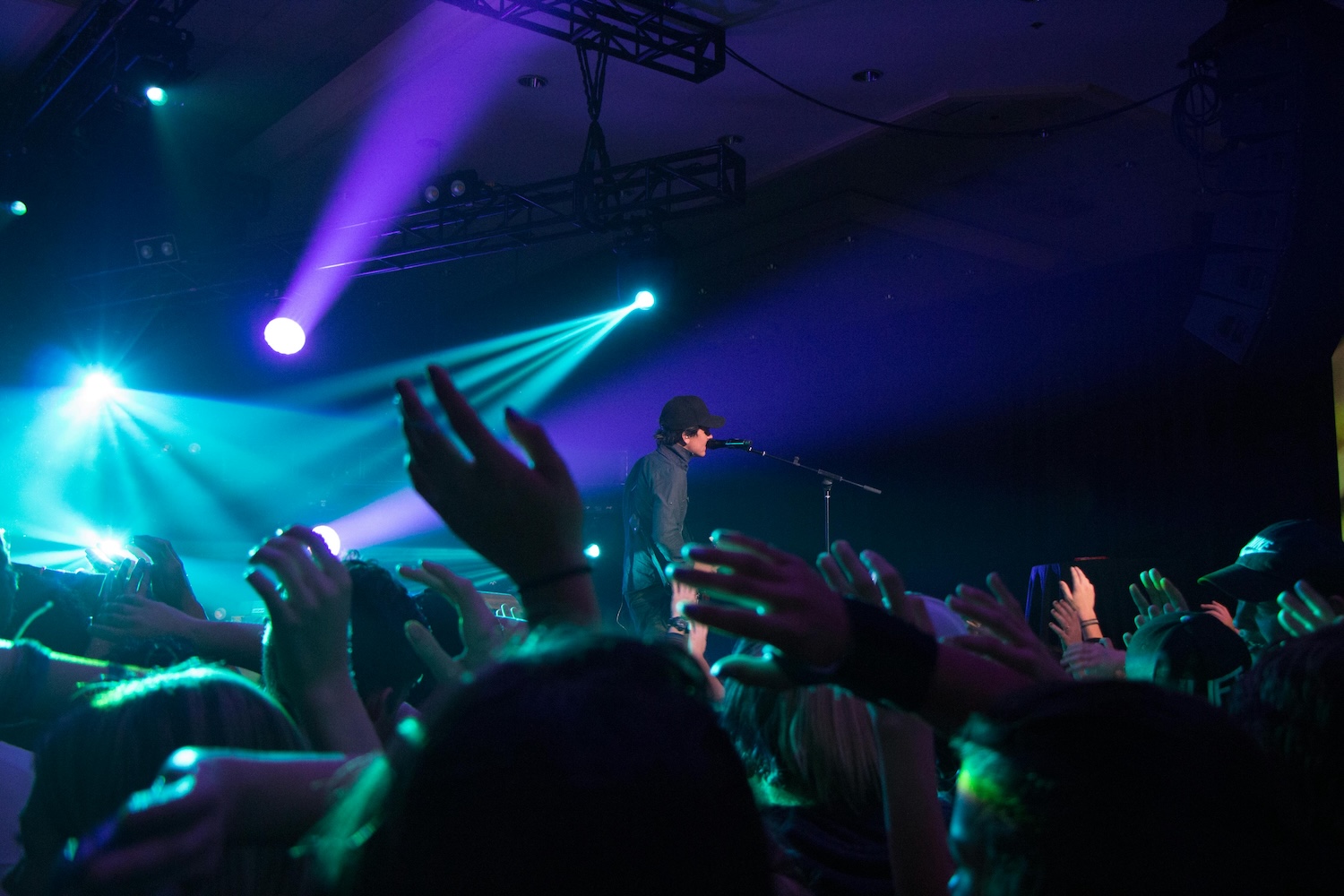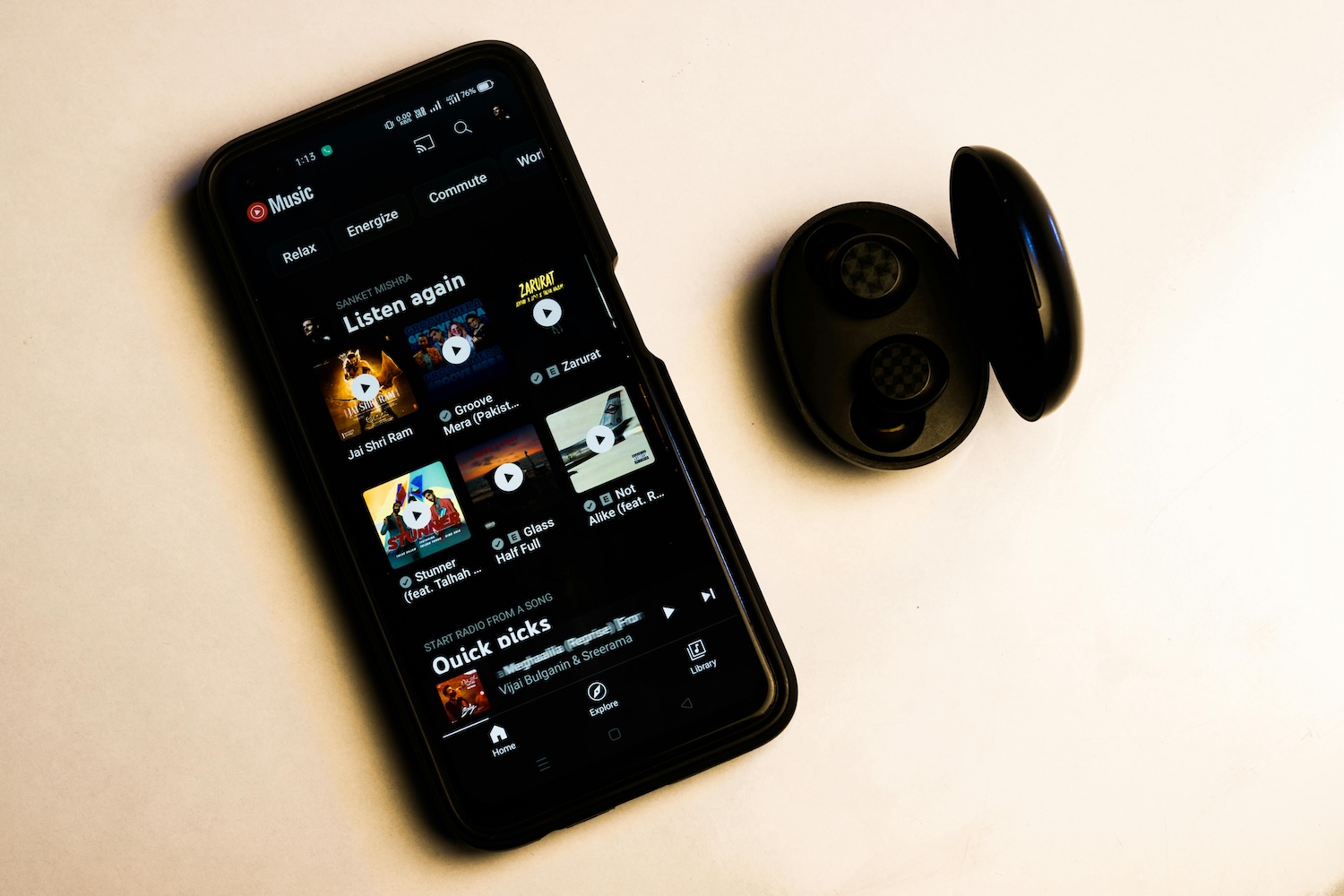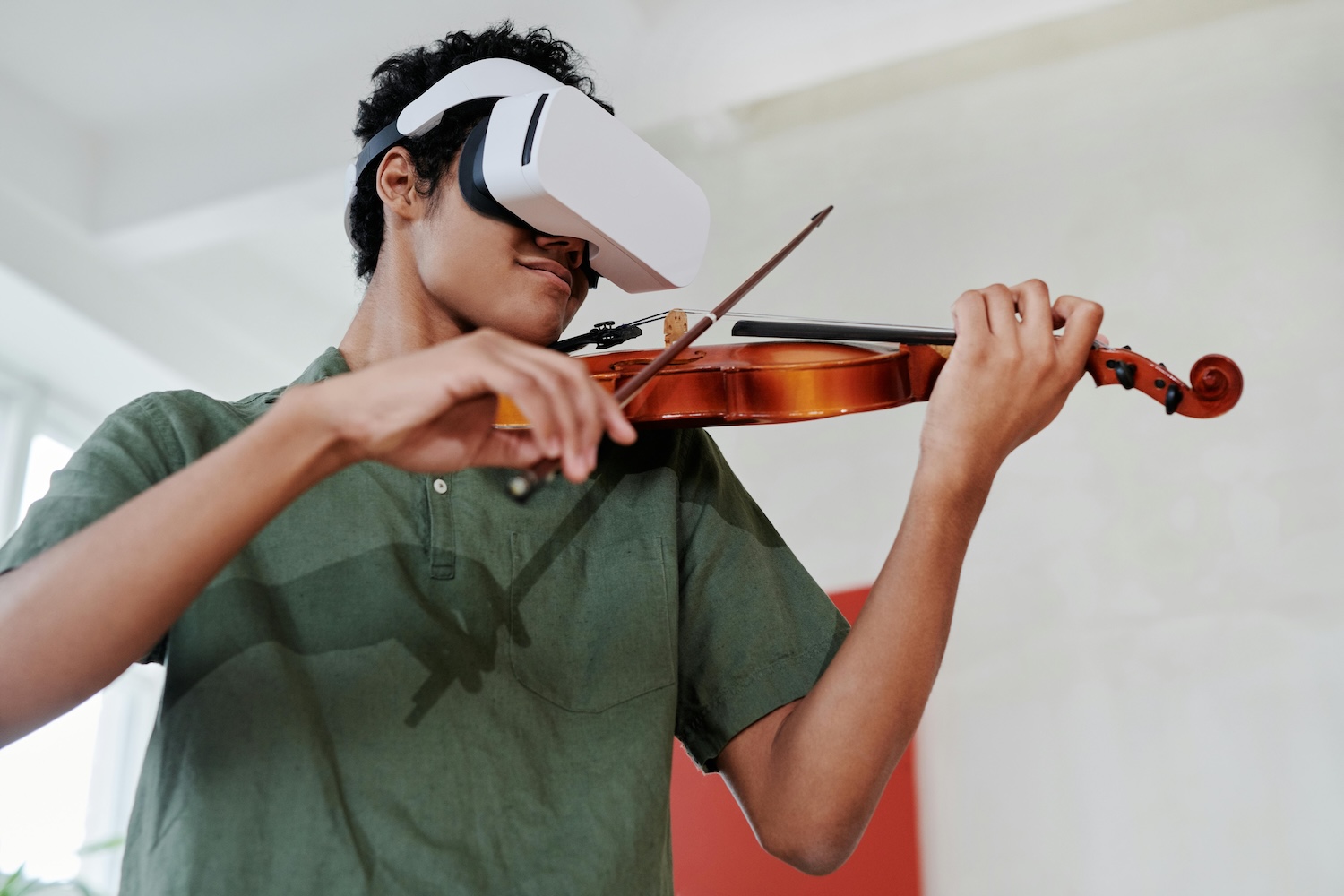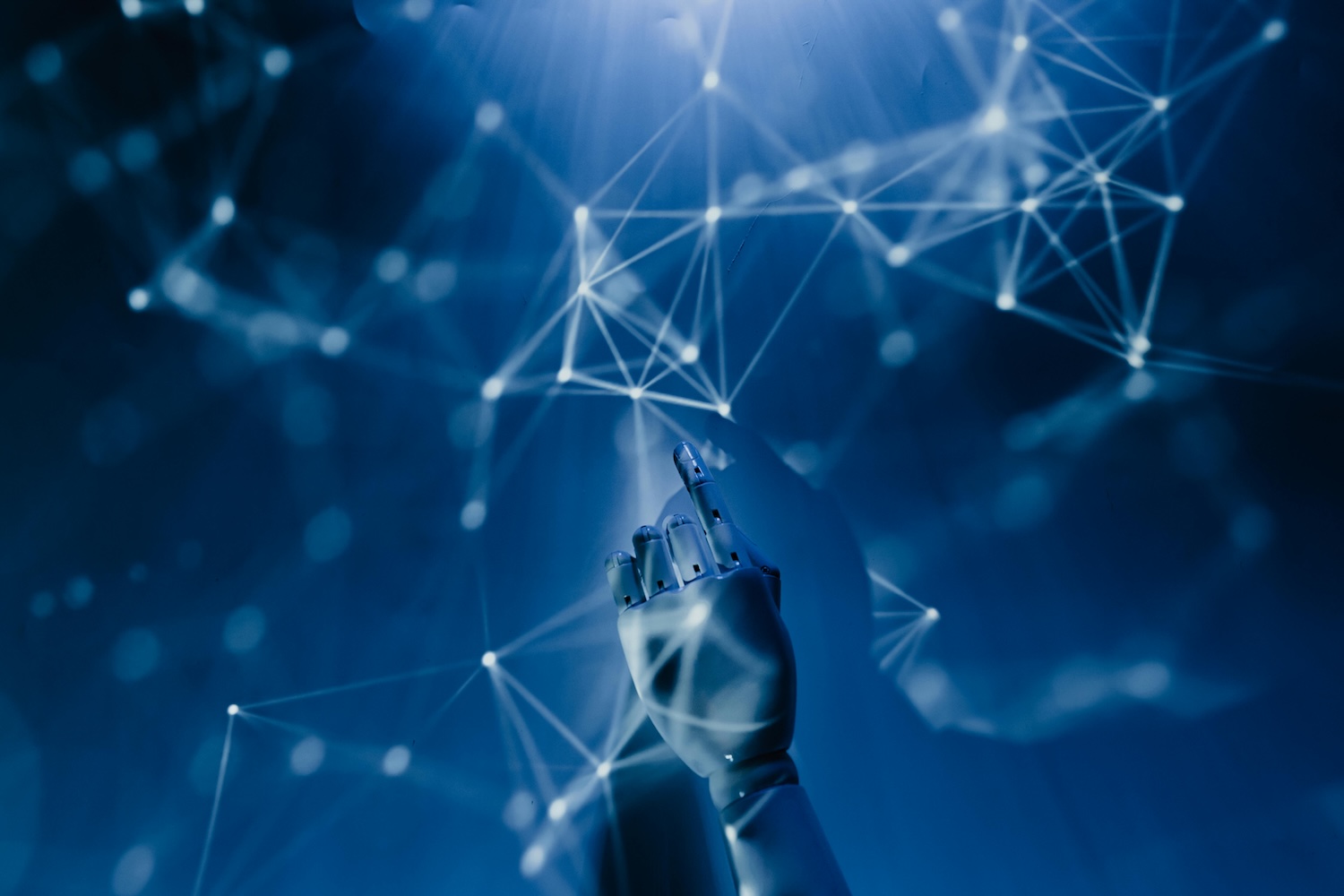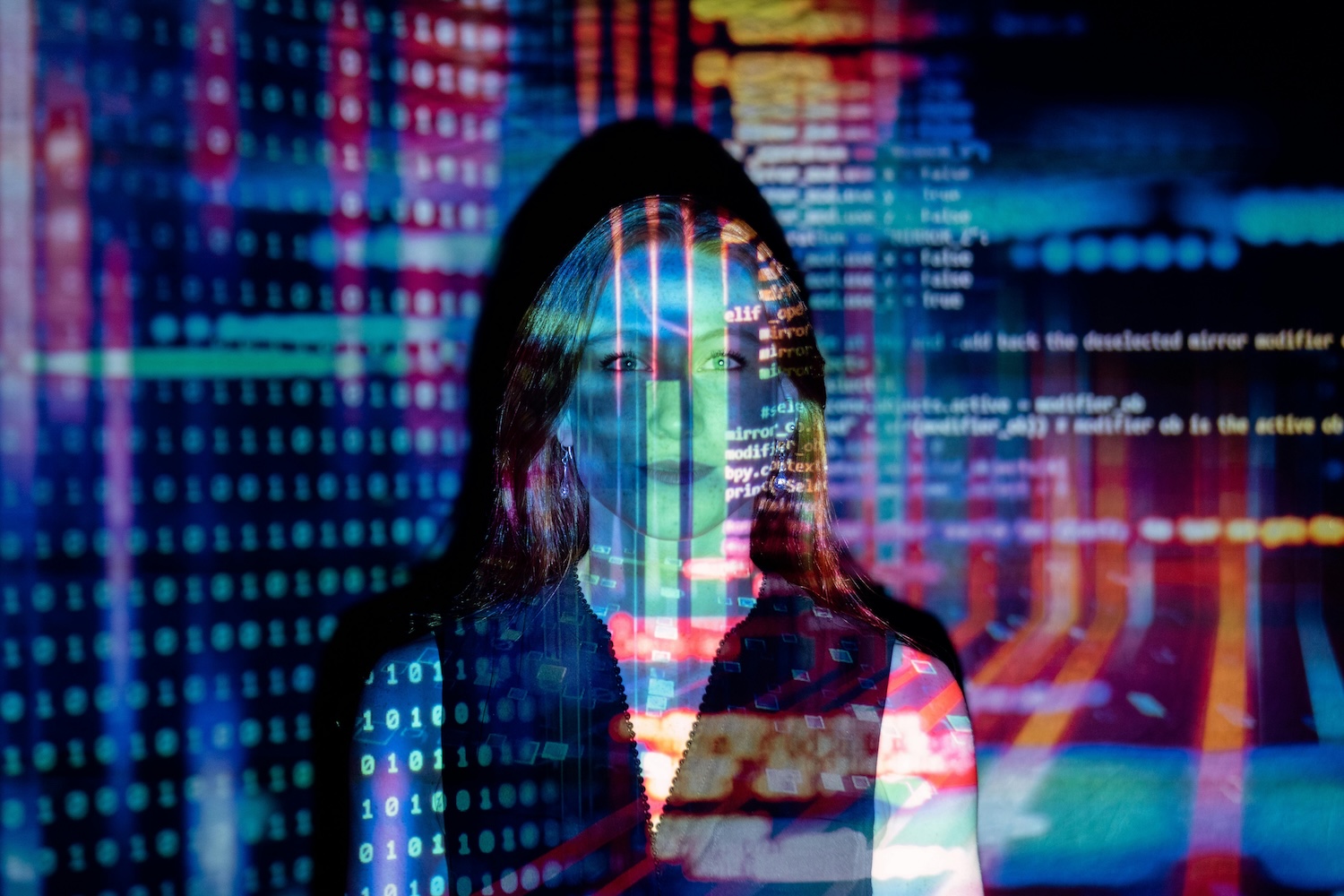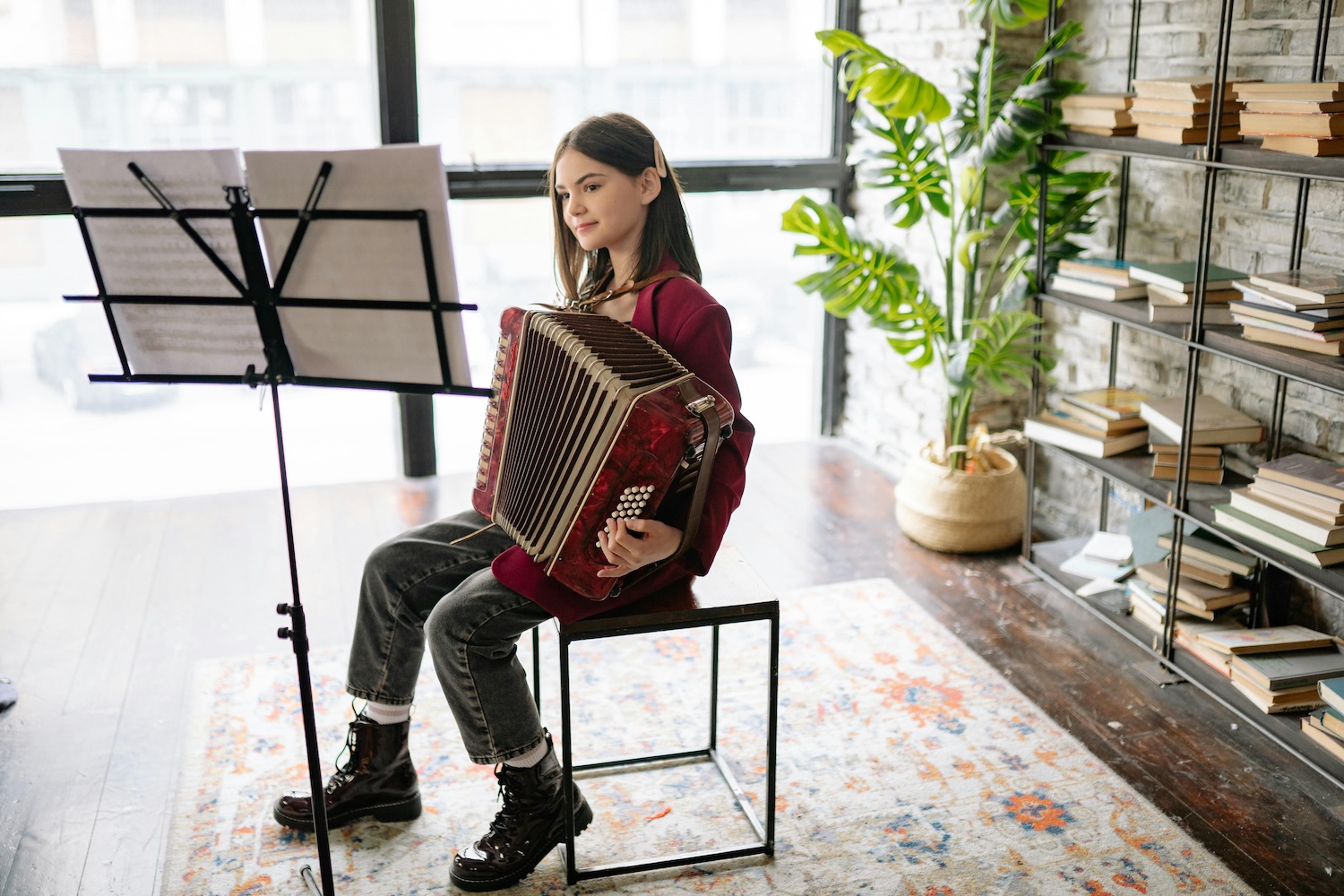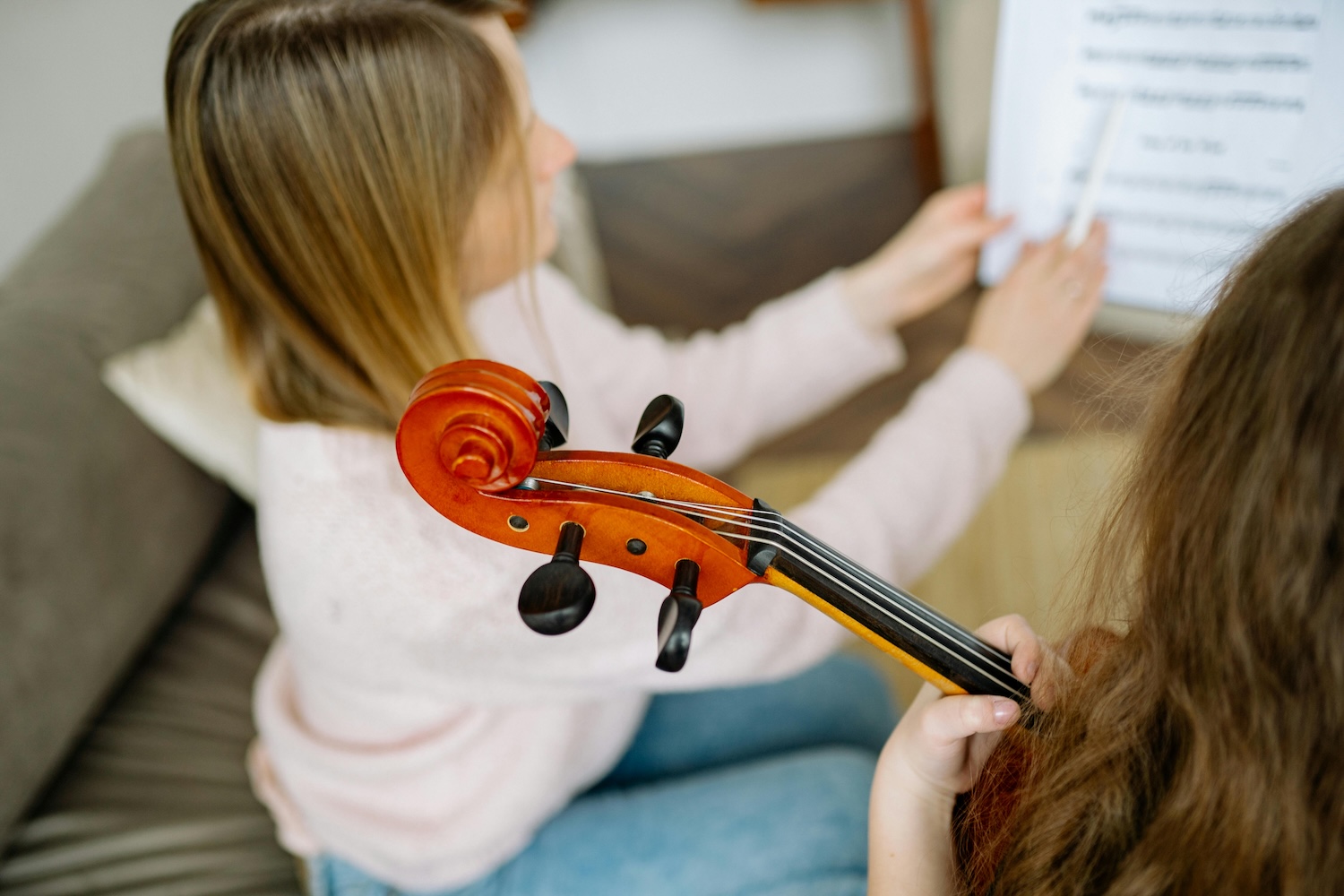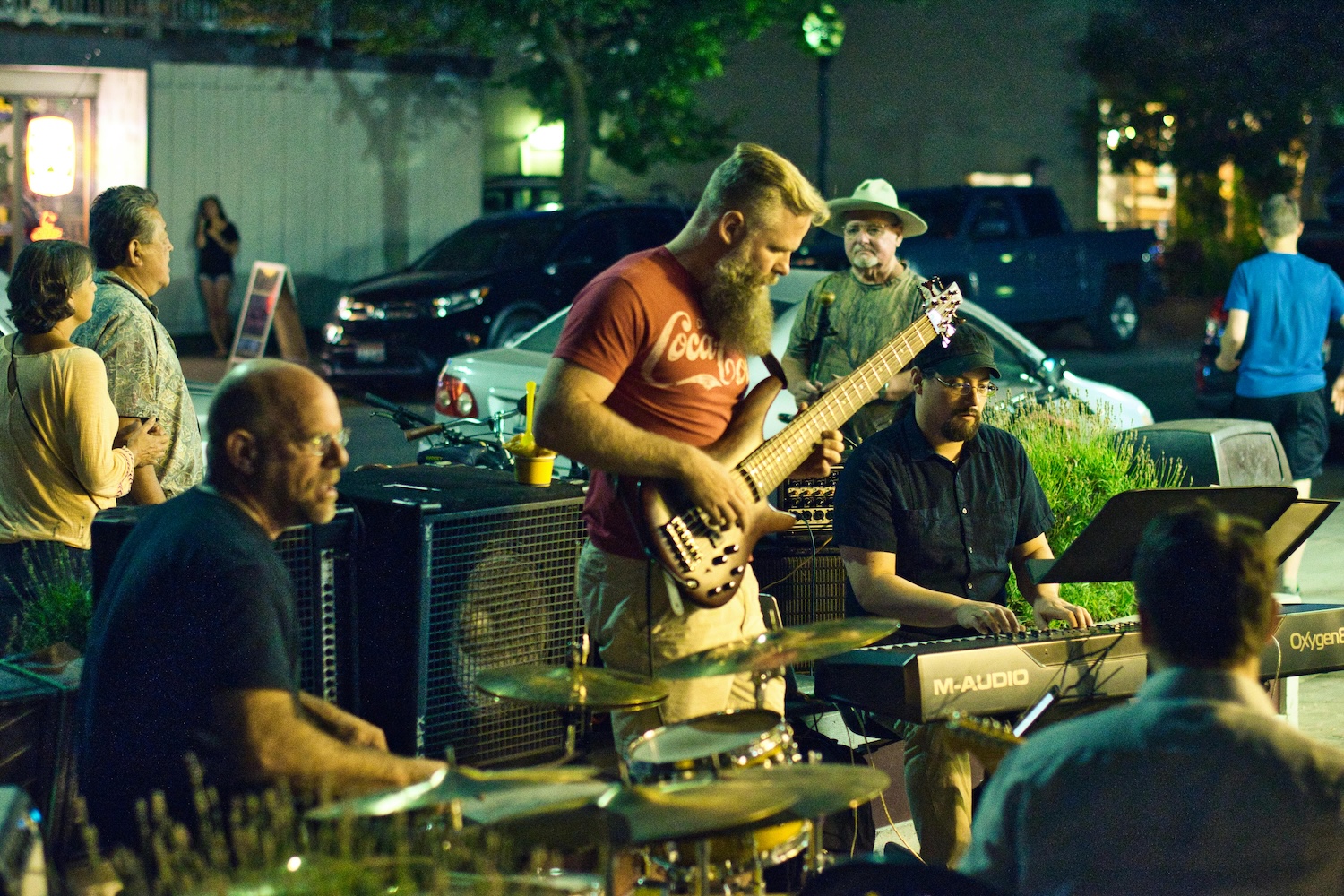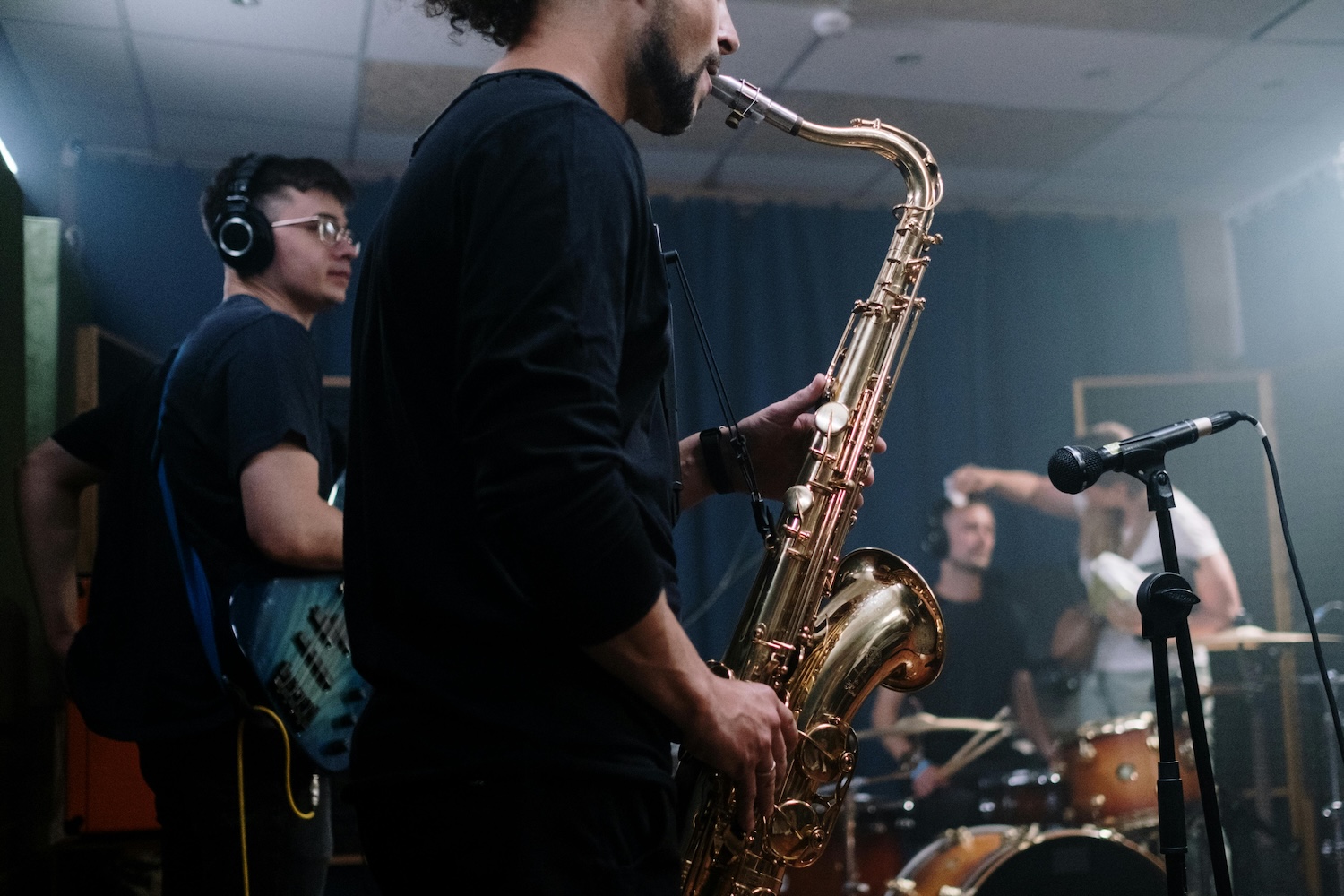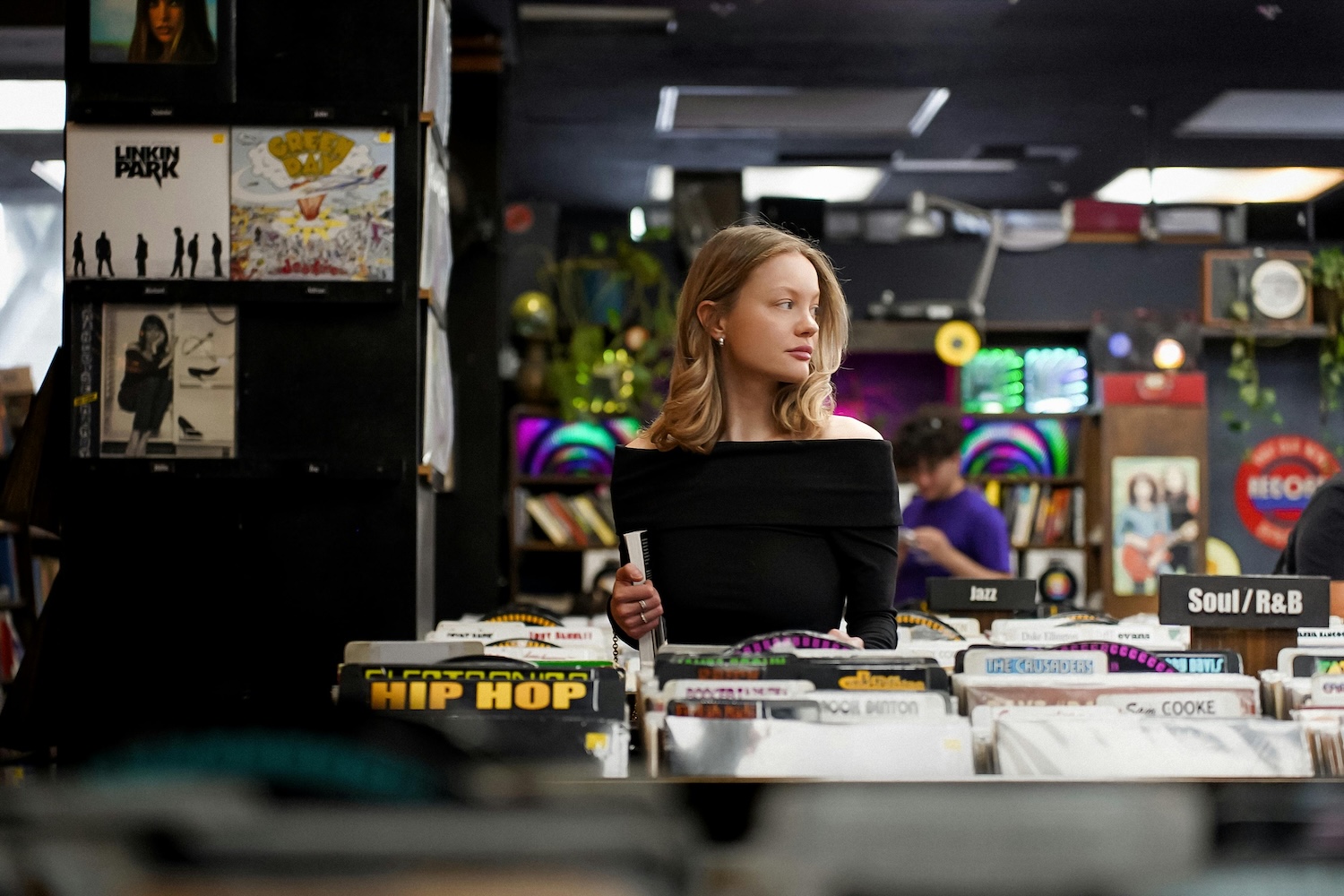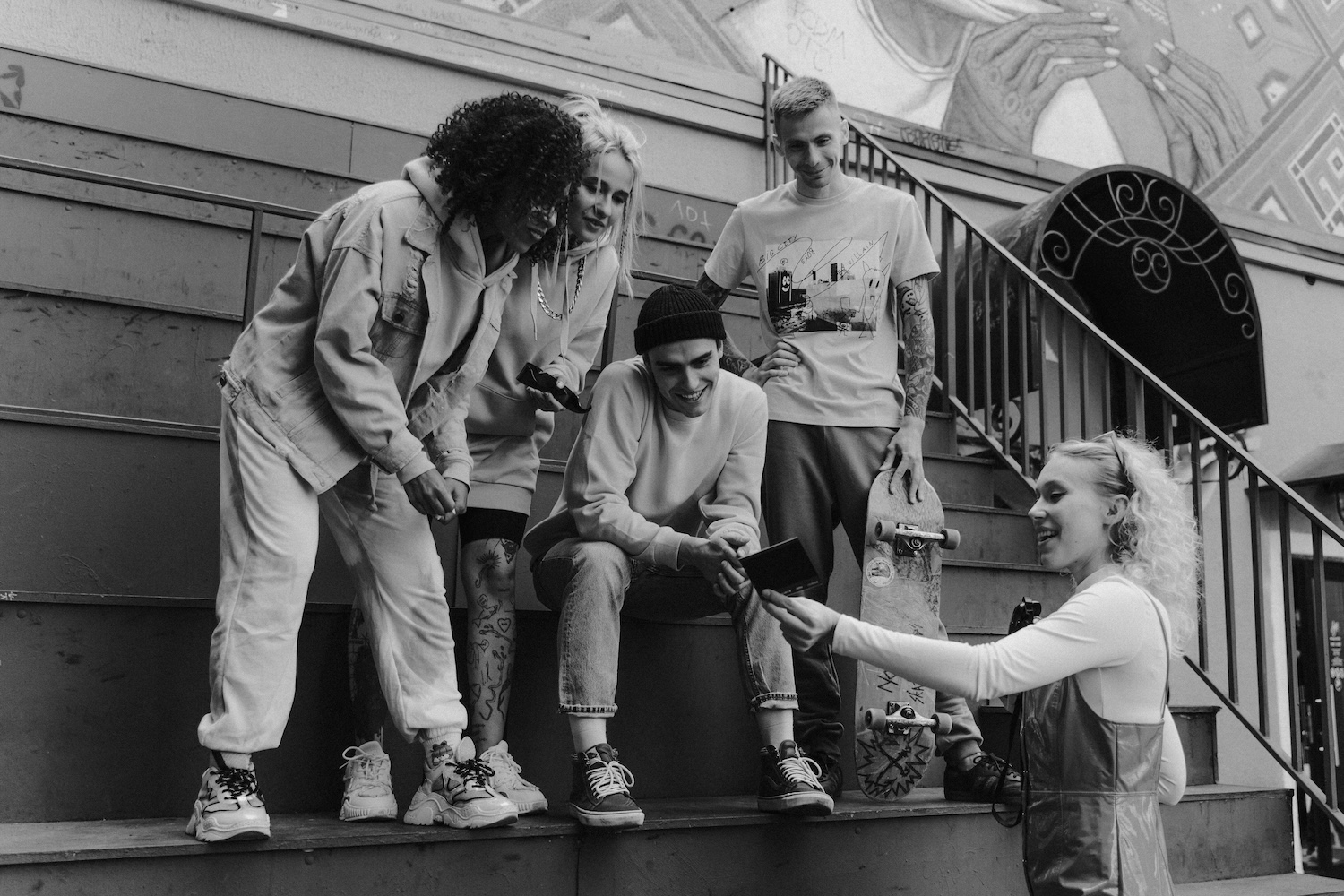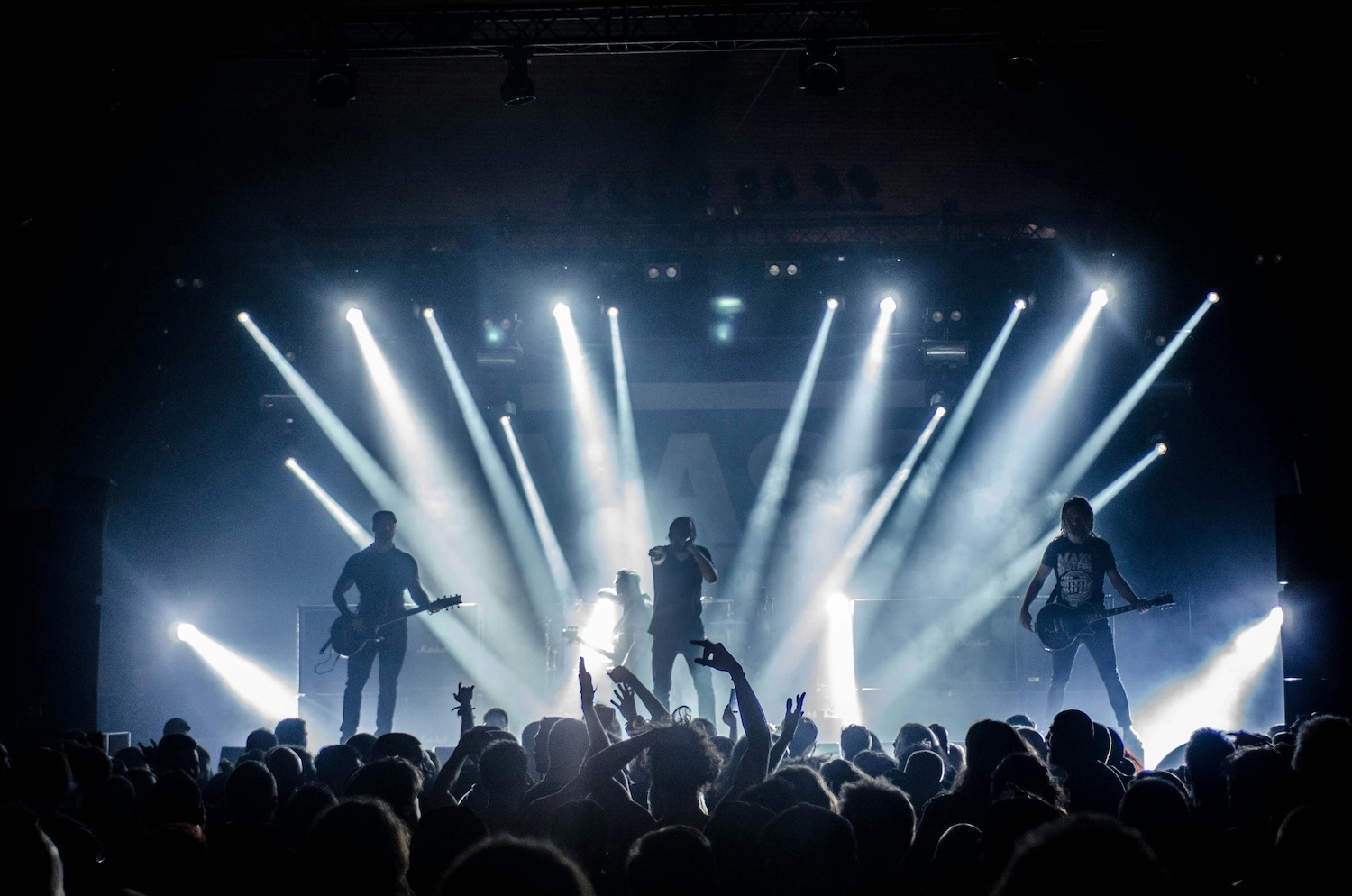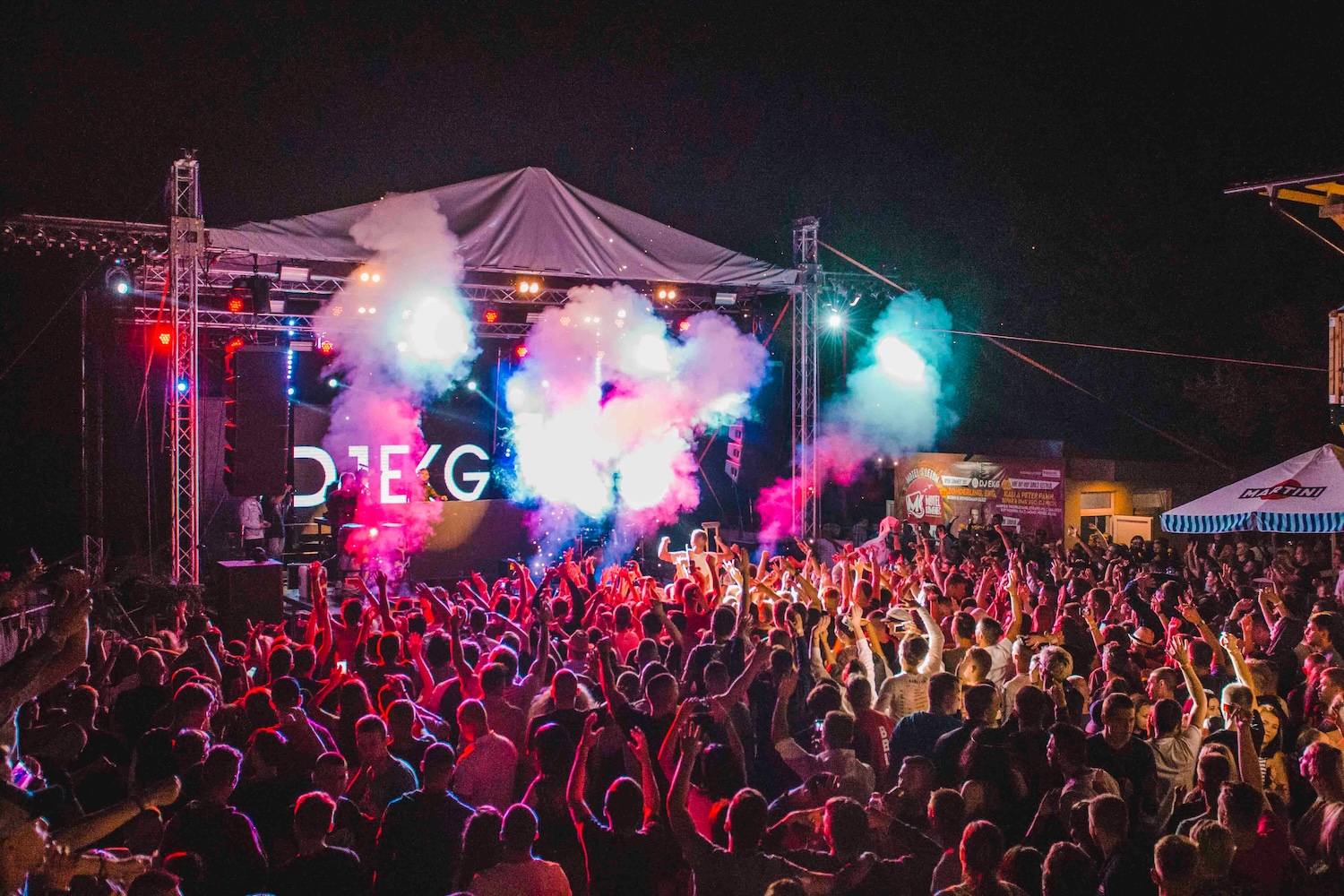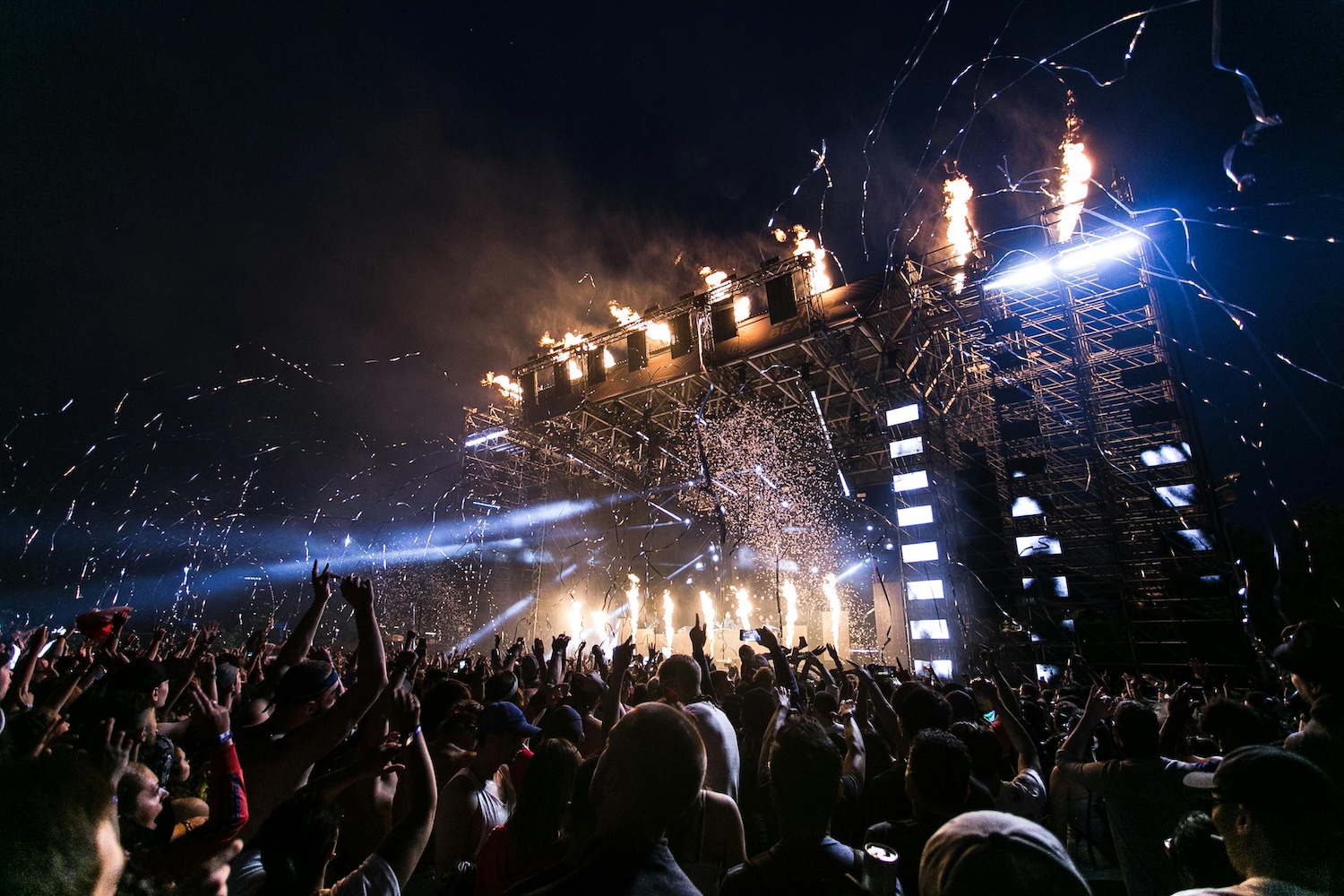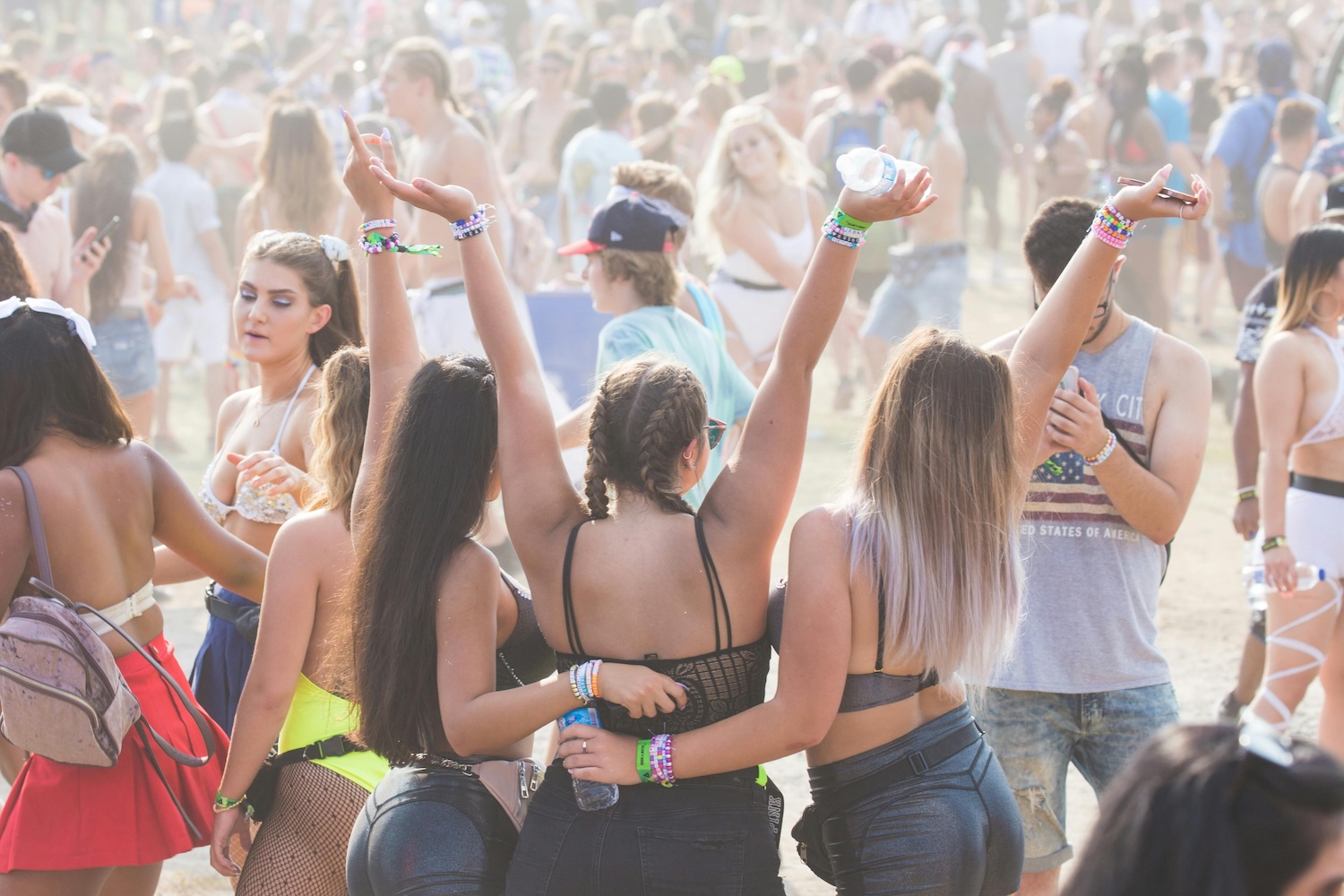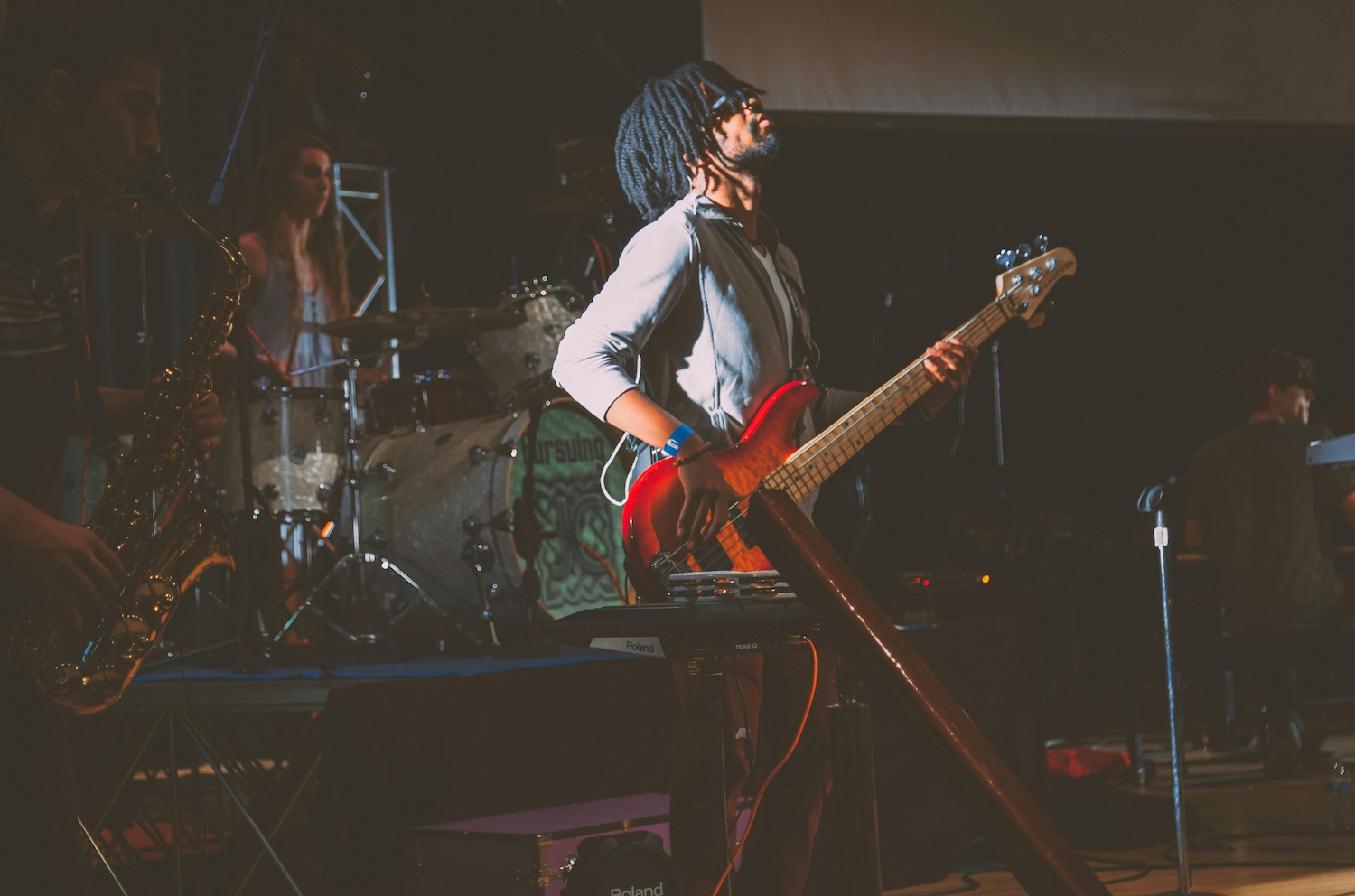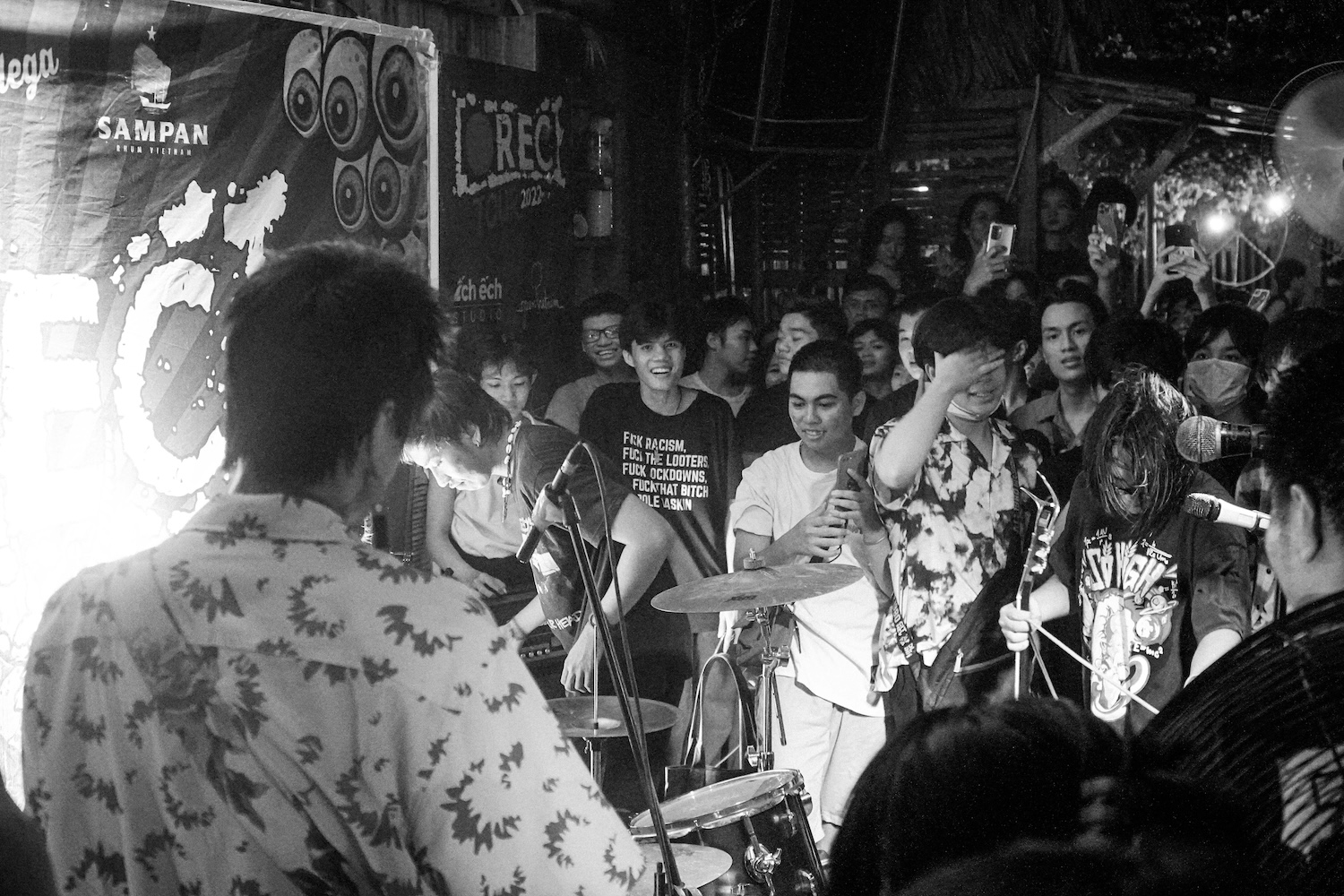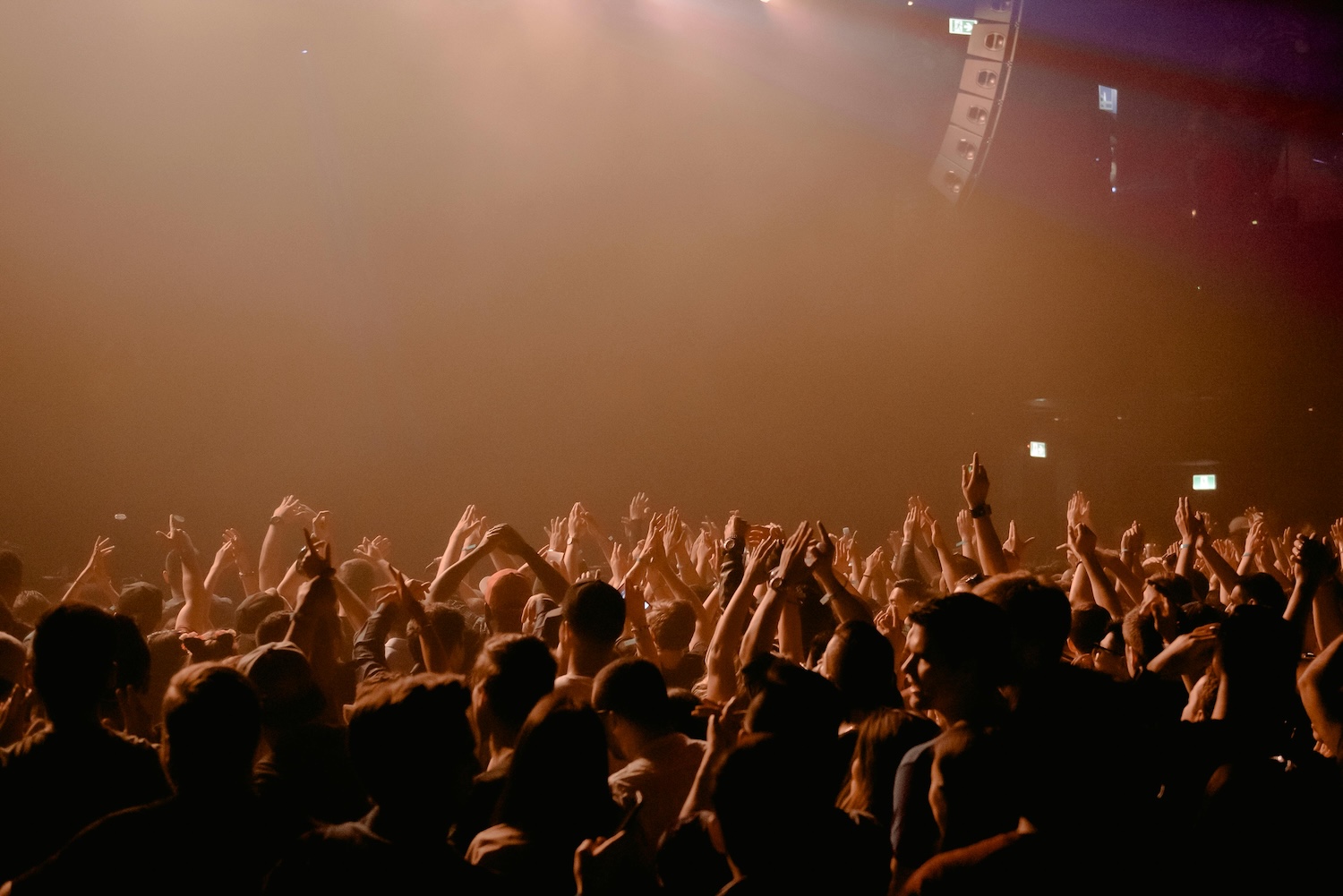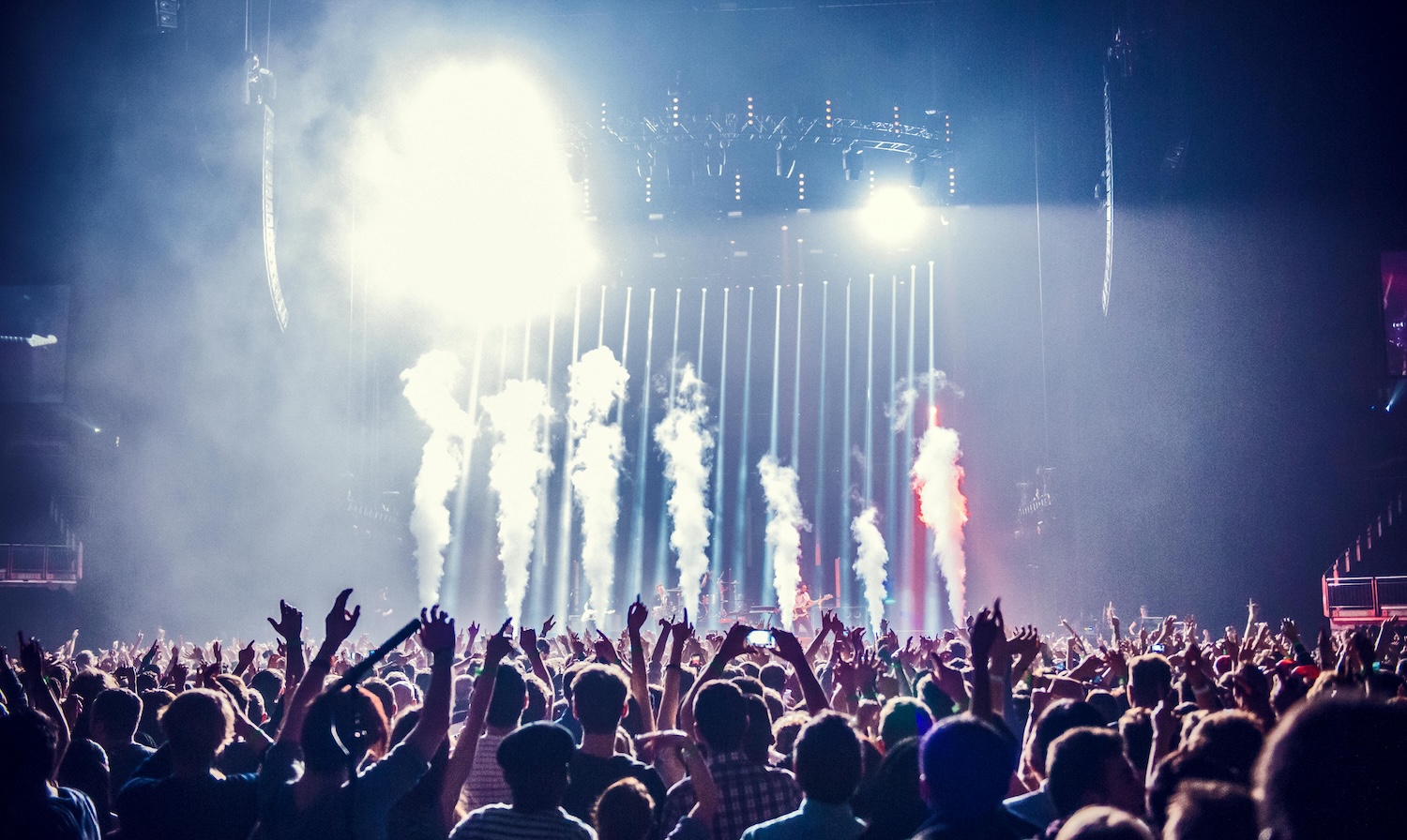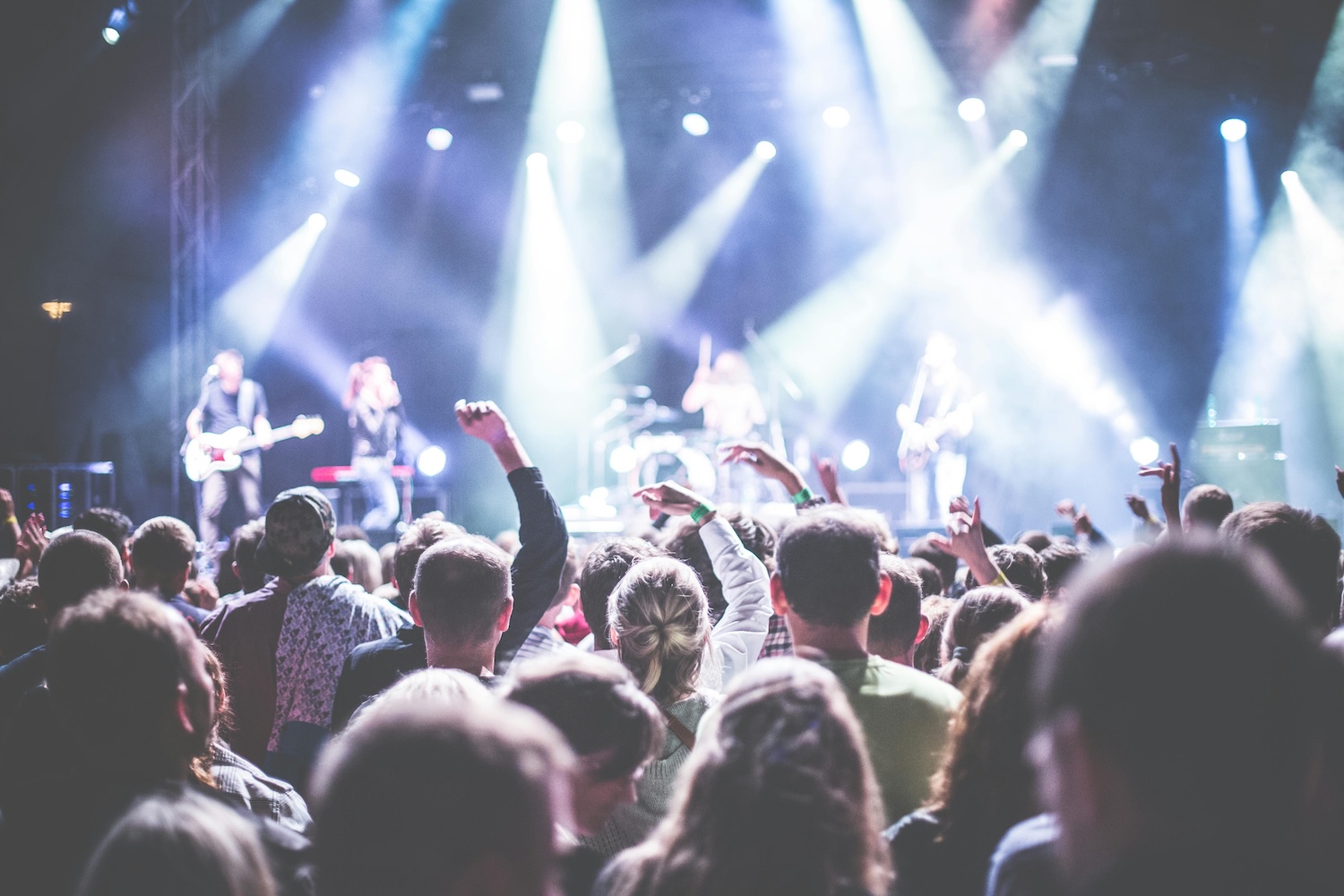The Future of Music: How AI and Digitalization Are Changing the Game
The music industry is entering a new era. Not an evolution—but a revolution. AI and digital technologies are fundamentally transforming how music is created, distributed, discovered—and experienced. From bedroom producers to global record labels, no one is untouched. The question is no longer if we need to adapt, but how.
AI as a Creative Partner
Just a few years ago, the idea that artificial intelligence could create emotionally resonant music seemed far-fetched. Today, tools like Suno, AIVA, and Amper can compose entire tracks in seconds. They generate beats, harmonies, hooks—and even mimic human voices. AI isn’t replacing musicians, but becoming a creative partner, accelerating experimentation and opening new doors for music-making.
This also means that more people—without traditional music training—can now express themselves musically. Music creation is becoming more democratic than ever. But it also raises new questions: What is originality, when machines can compose?
Digitalization: From Ownership to Experience
Once upon a time, we owned music—on vinyl, CDs, or downloads. Today, it’s all about access and experience. Streaming platforms have reshaped the music economy. Algorithms influence what we listen to. That offers massive discovery opportunities—but also creates a visibility challenge for artists in an ocean of tracks.
Here again, AI plays a role. Artists now have access to data-driven insights into listener behavior. Some are even using AI to predict which songs have the most hit potential—before they’re released.
The Future Stage Is Online—and Global
Live music still holds a special place in our hearts. But even the stage is changing. Virtual concerts, interactive livestreams, and digital venues in games like Fortnite and Roblox are redefining the live experience. Audiences are no longer bound by geography—they’re global, digital, and deeply interactive.
At the same time, remote collaboration tools mean musicians from different continents can jam and create music together—without ever being in the same room.
What Does This Mean for Musicians and the Industry?
It calls for new skills. The modern musician needs to do more than master their instrument—they must also understand technology, data, and digital communication. Music education and industry organizations must evolve.
It also means that new platforms and communities—like Beatnickel—will become essential. Digital spaces that help musicians connect, collaborate, get discovered, and make a living from their passion.
Conclusion: An Industry in Transformation
AI and digitalization aren’t threats—they’re tools. The musicians and professionals who embrace these changes and use them creatively will thrive in tomorrow’s music landscape.
Music isn’t dying. It’s transforming. And it always has.



